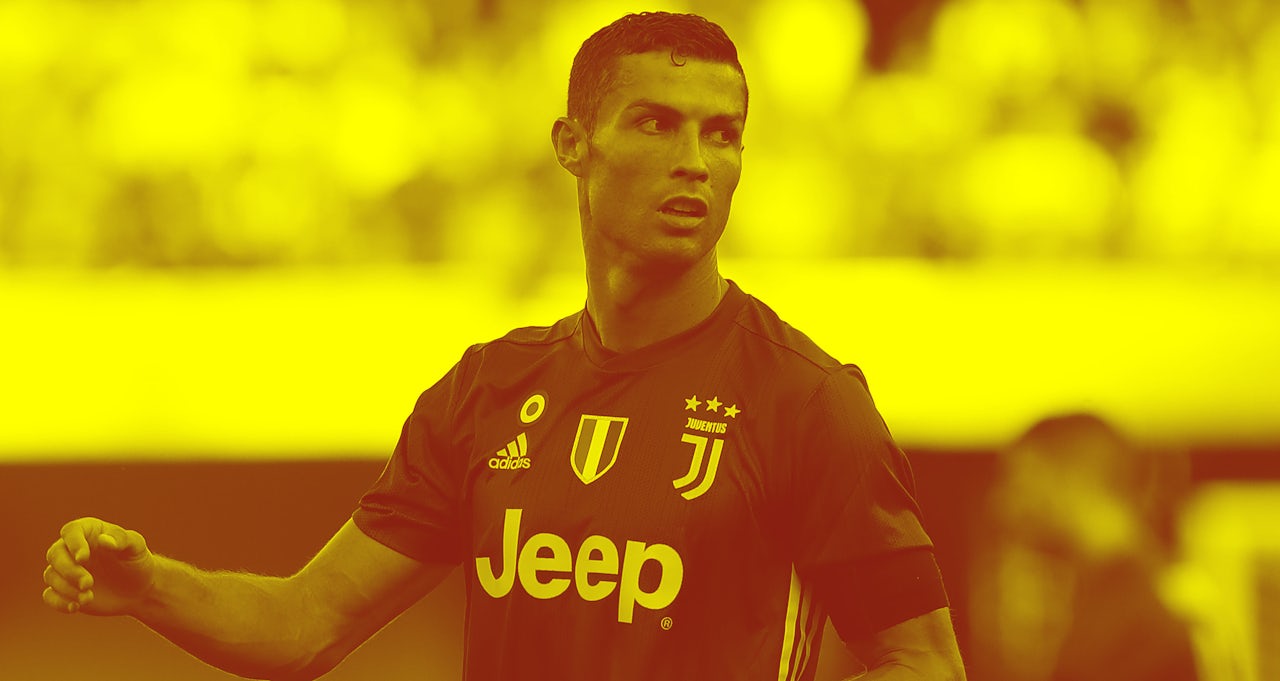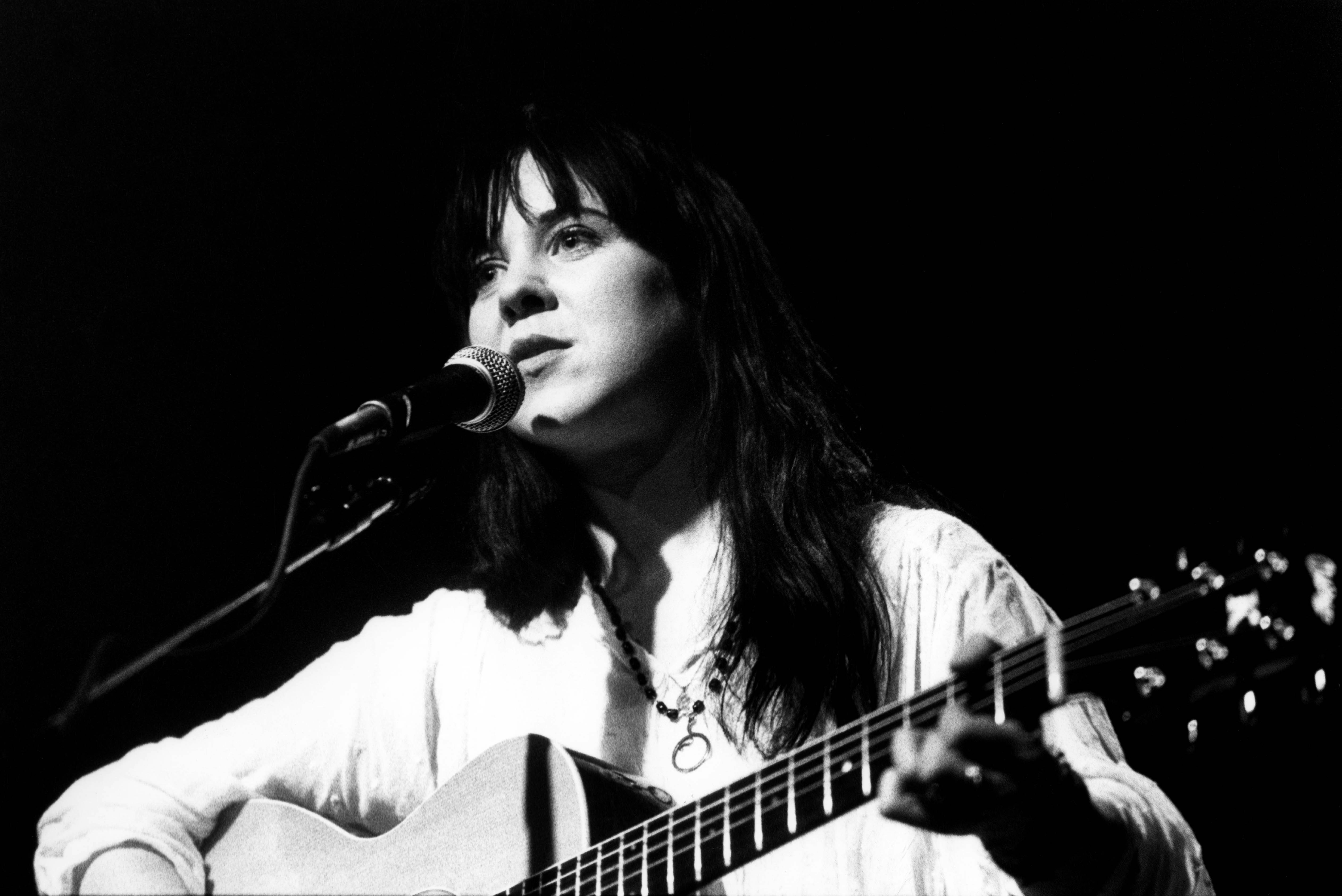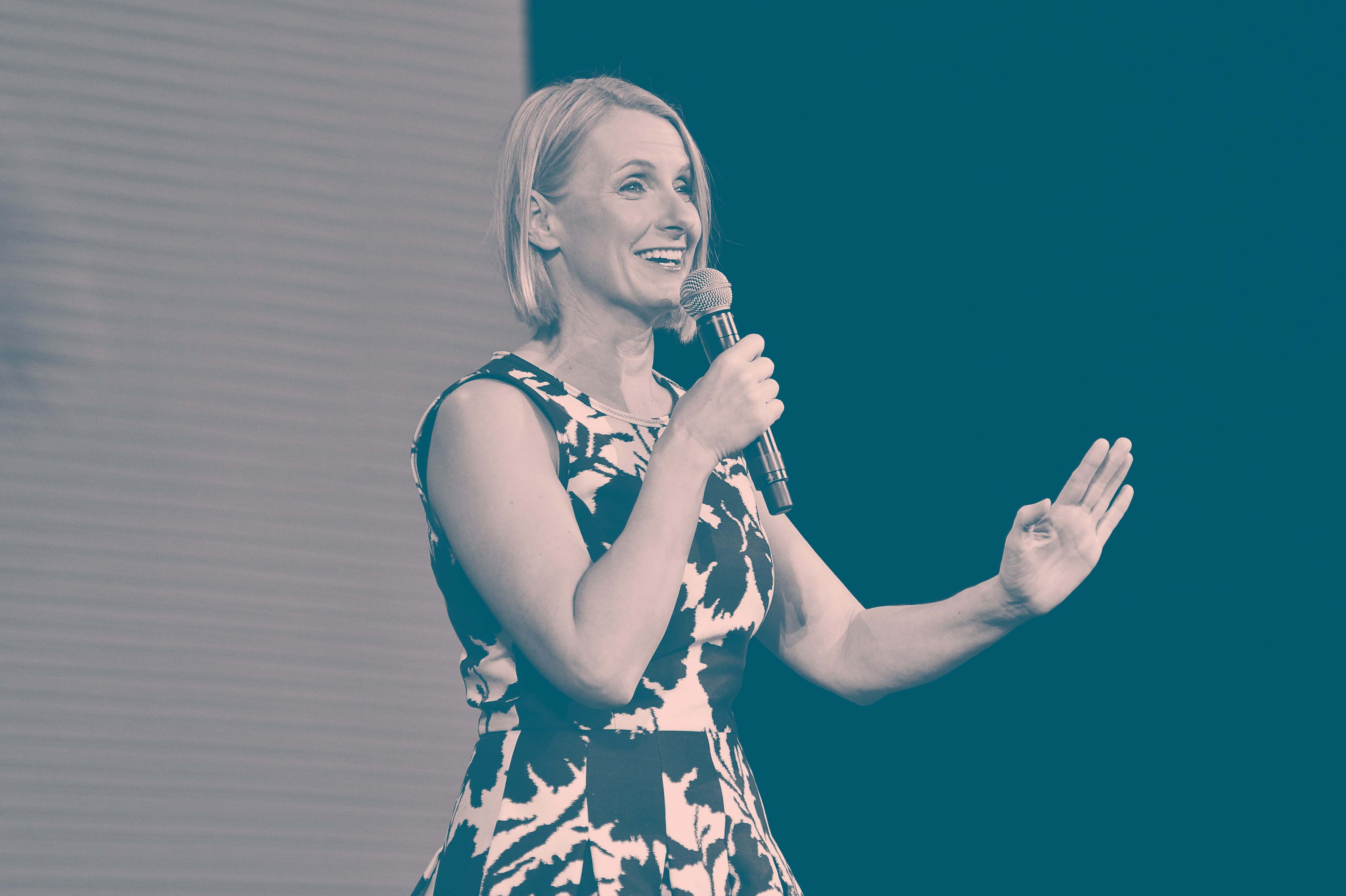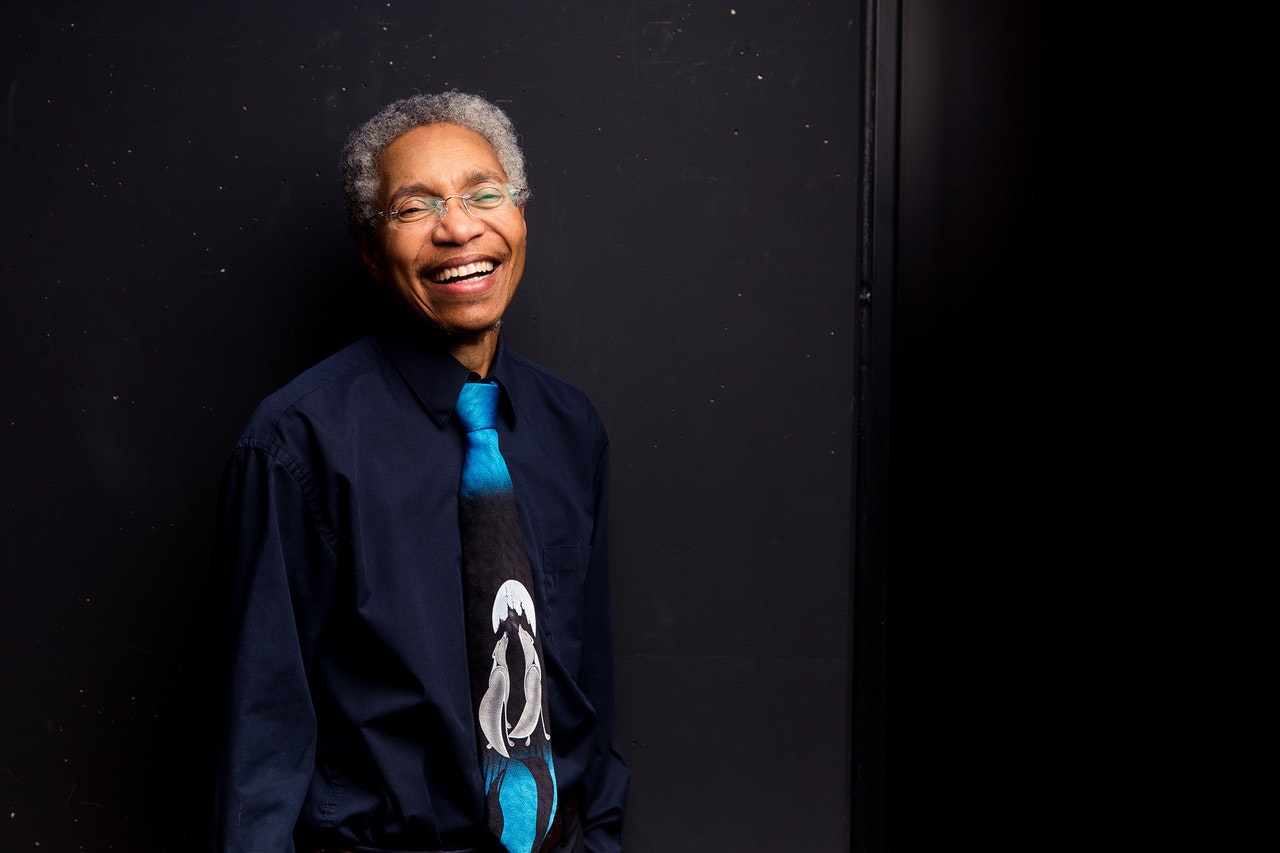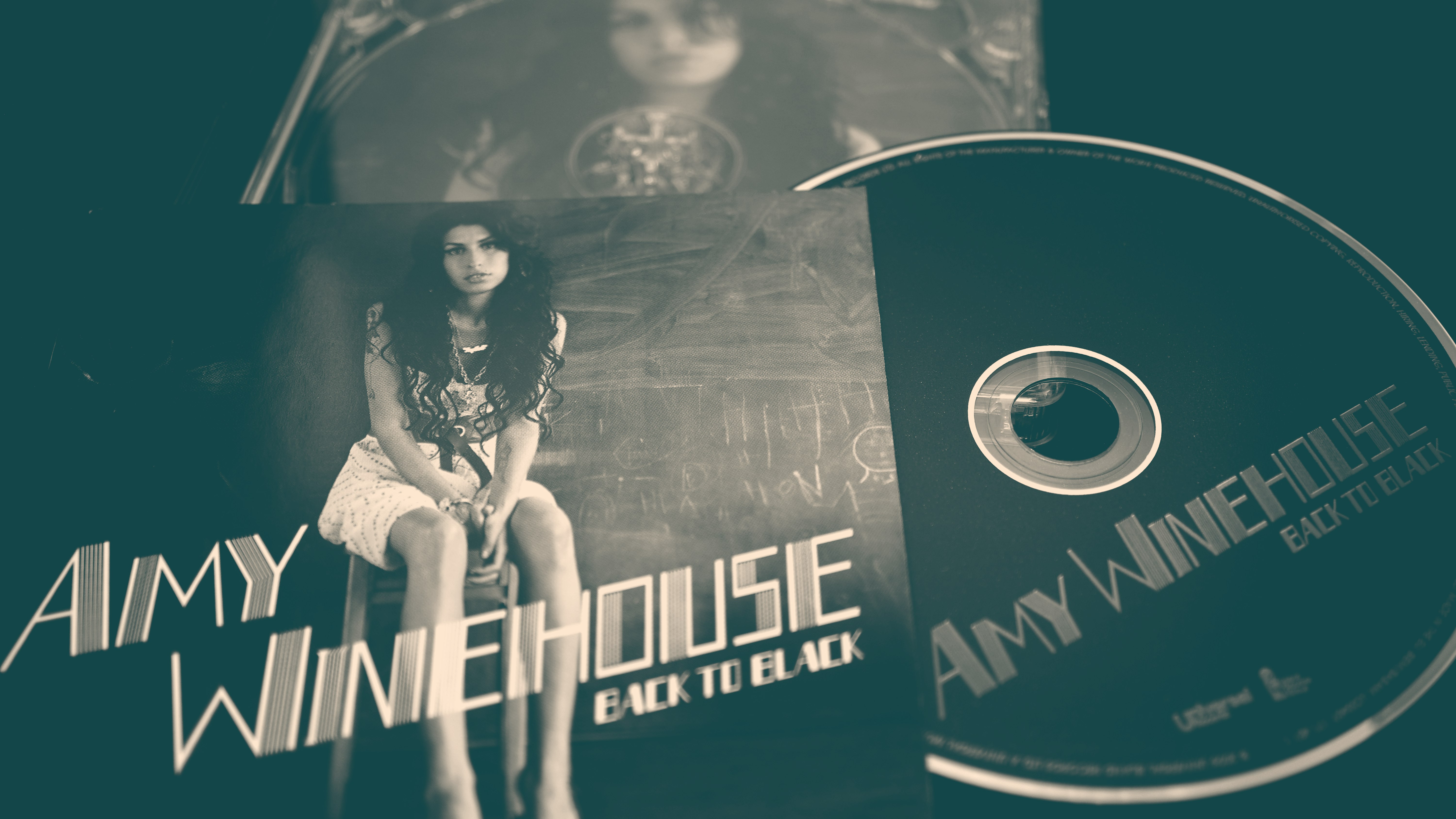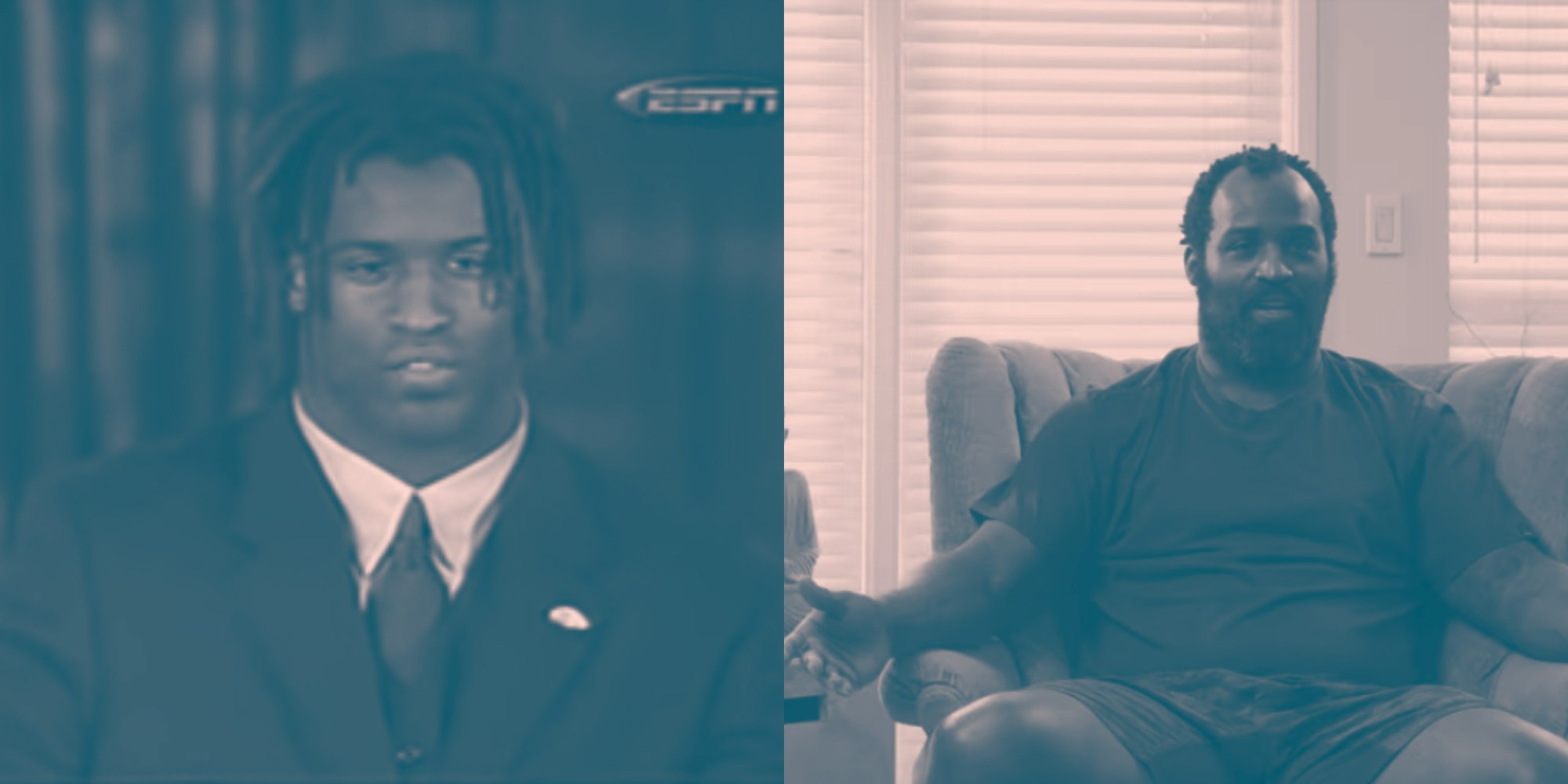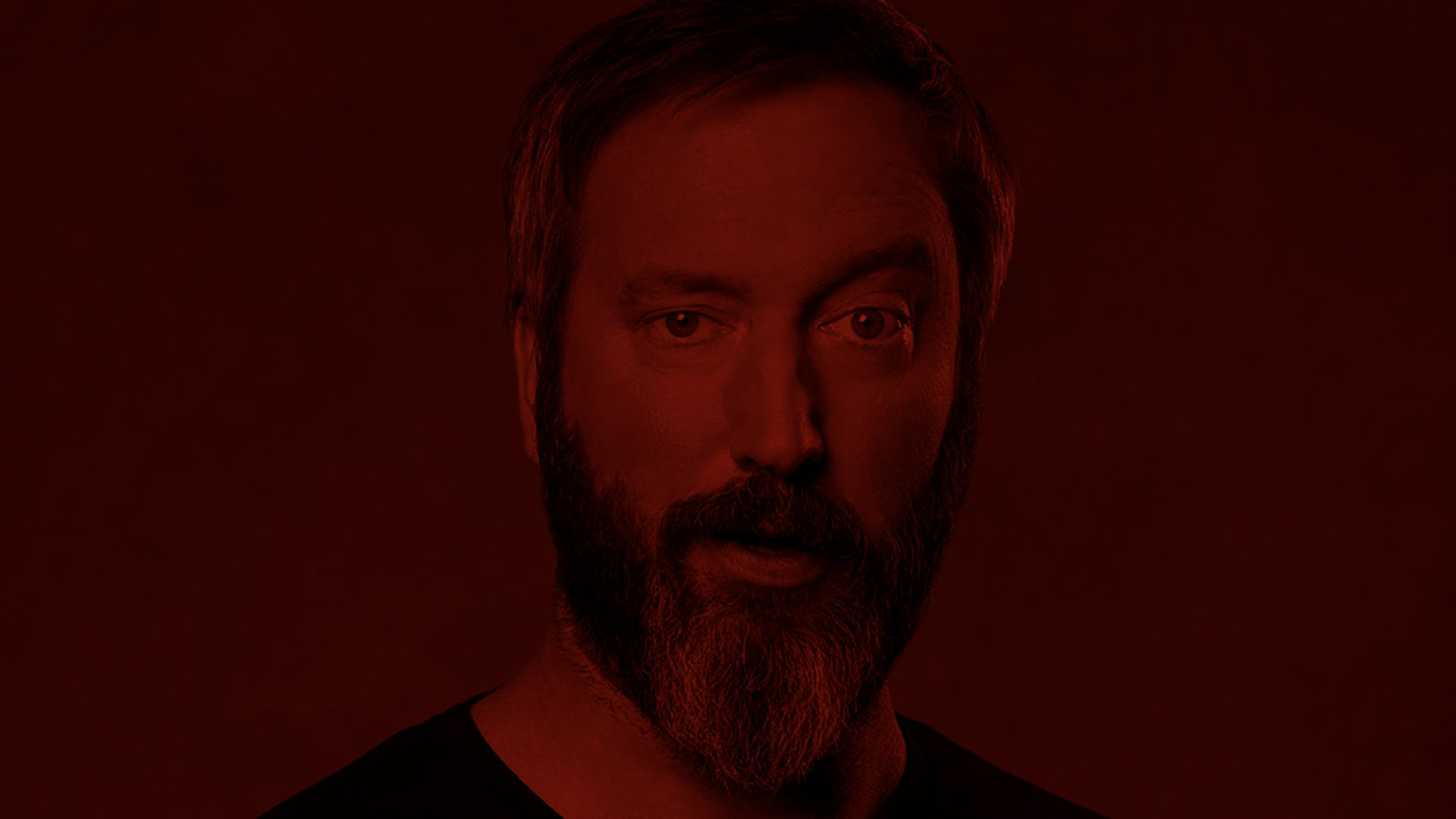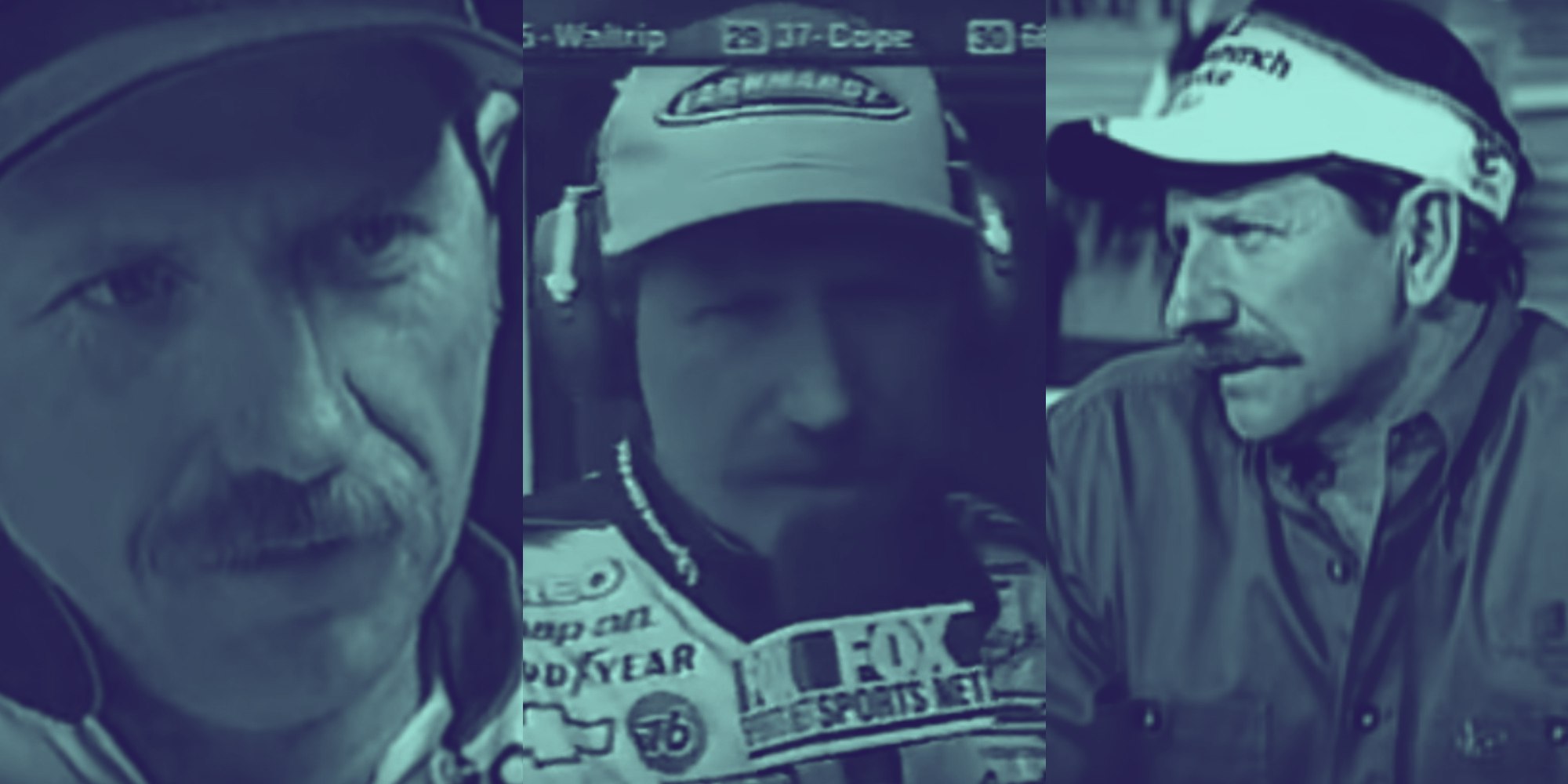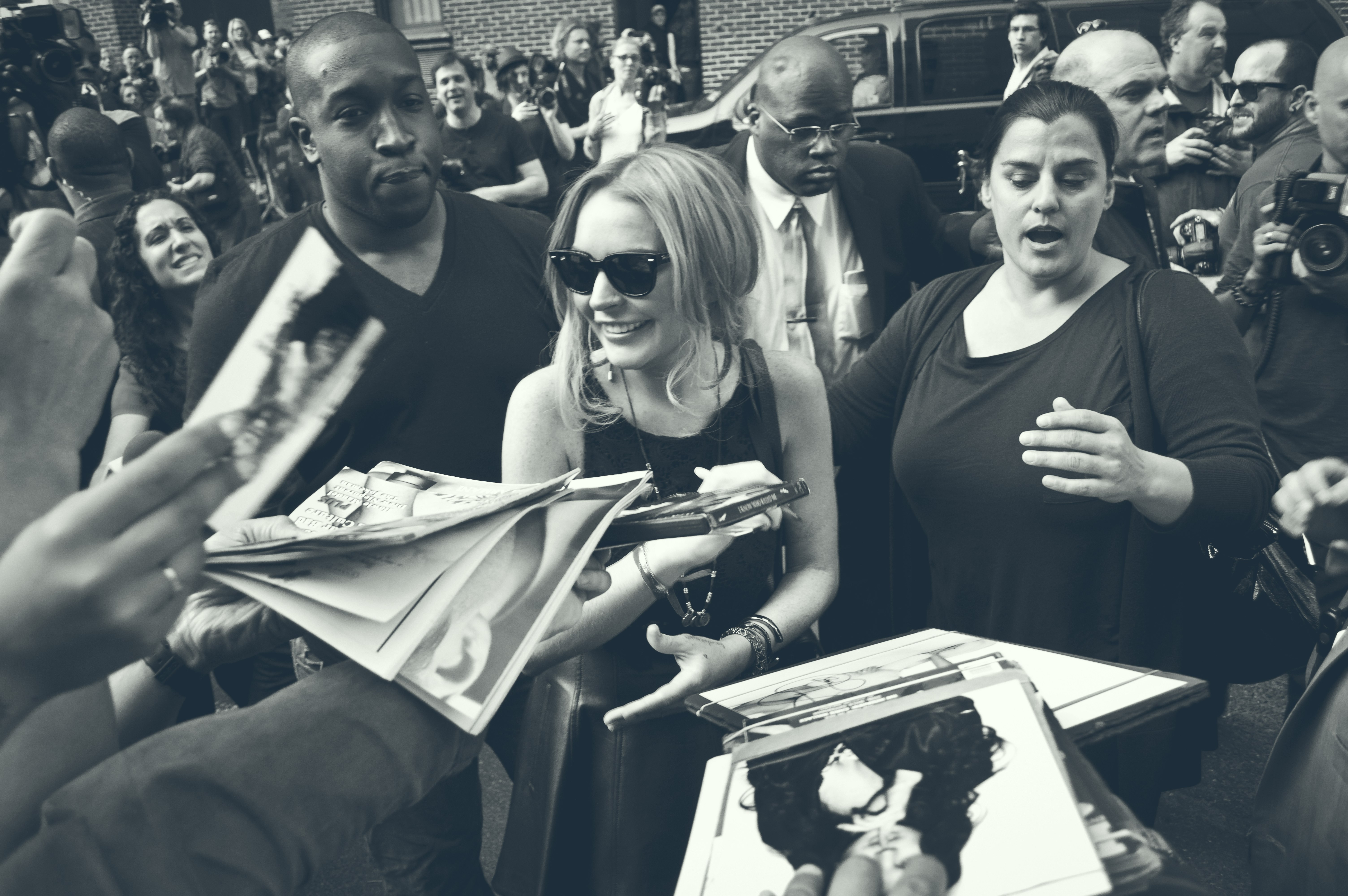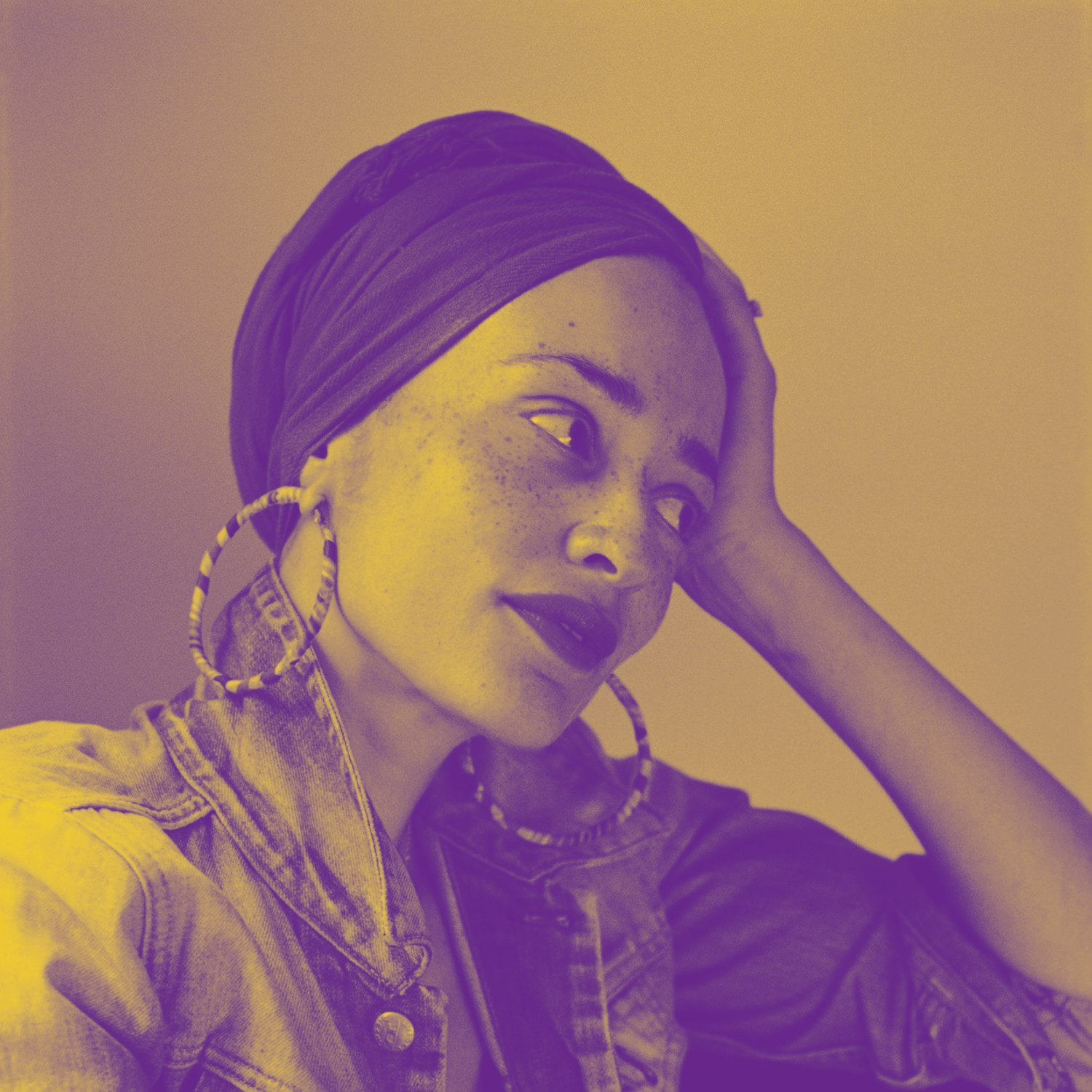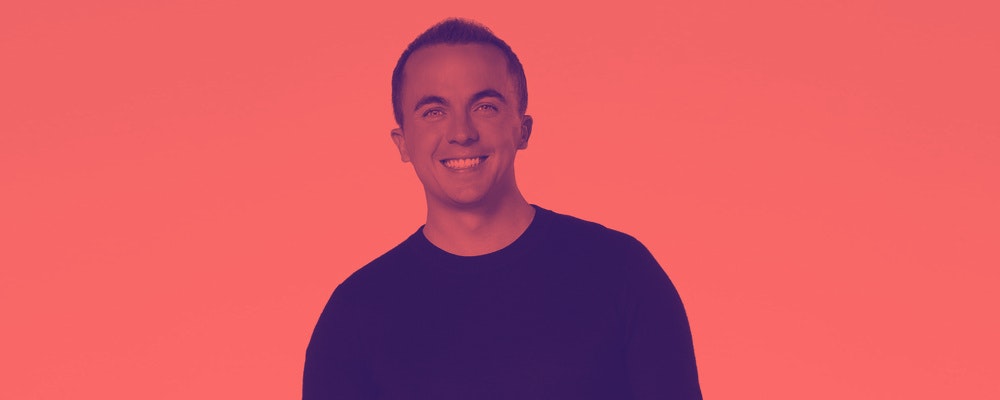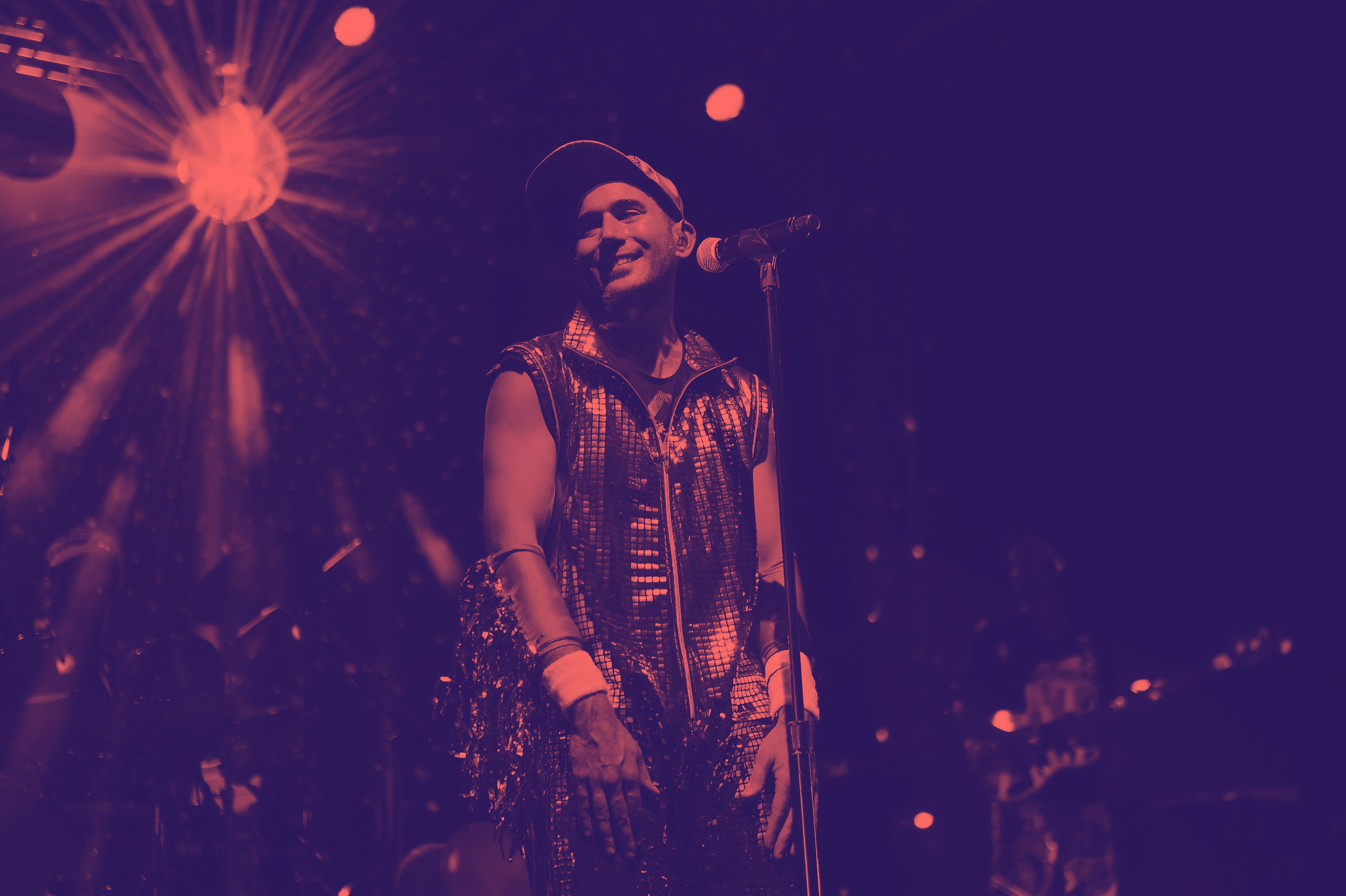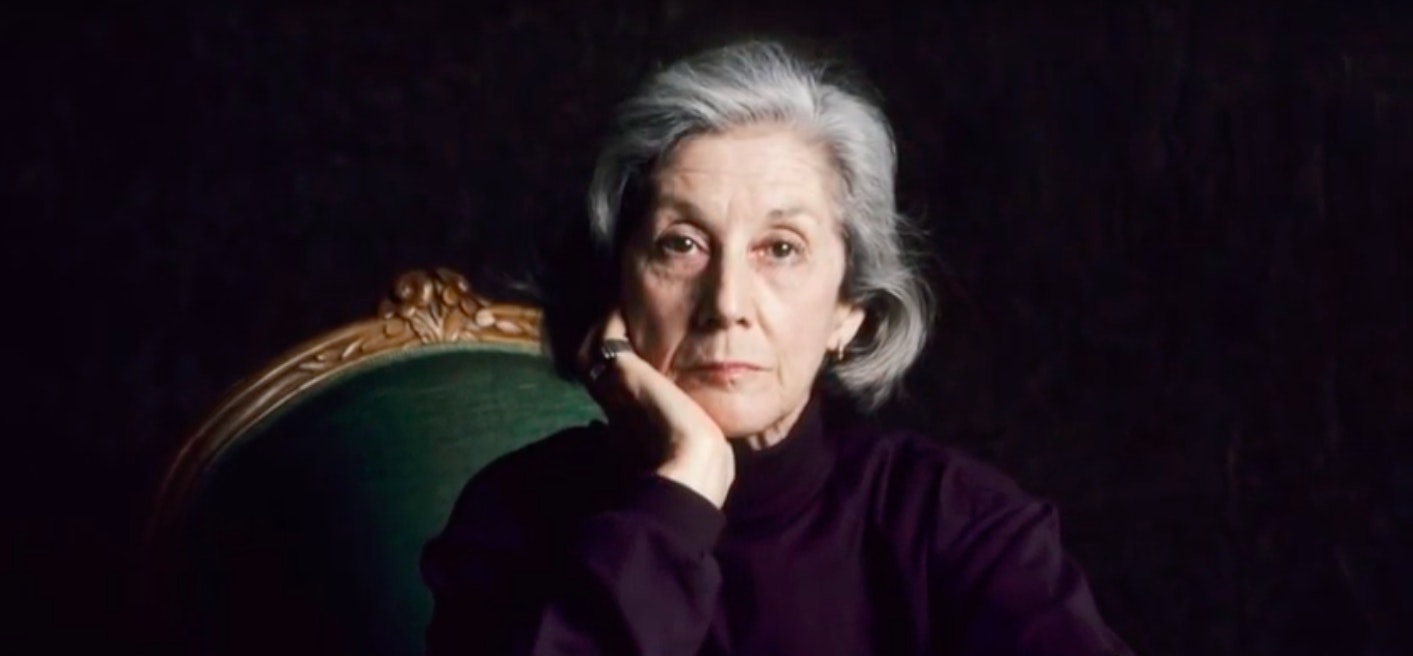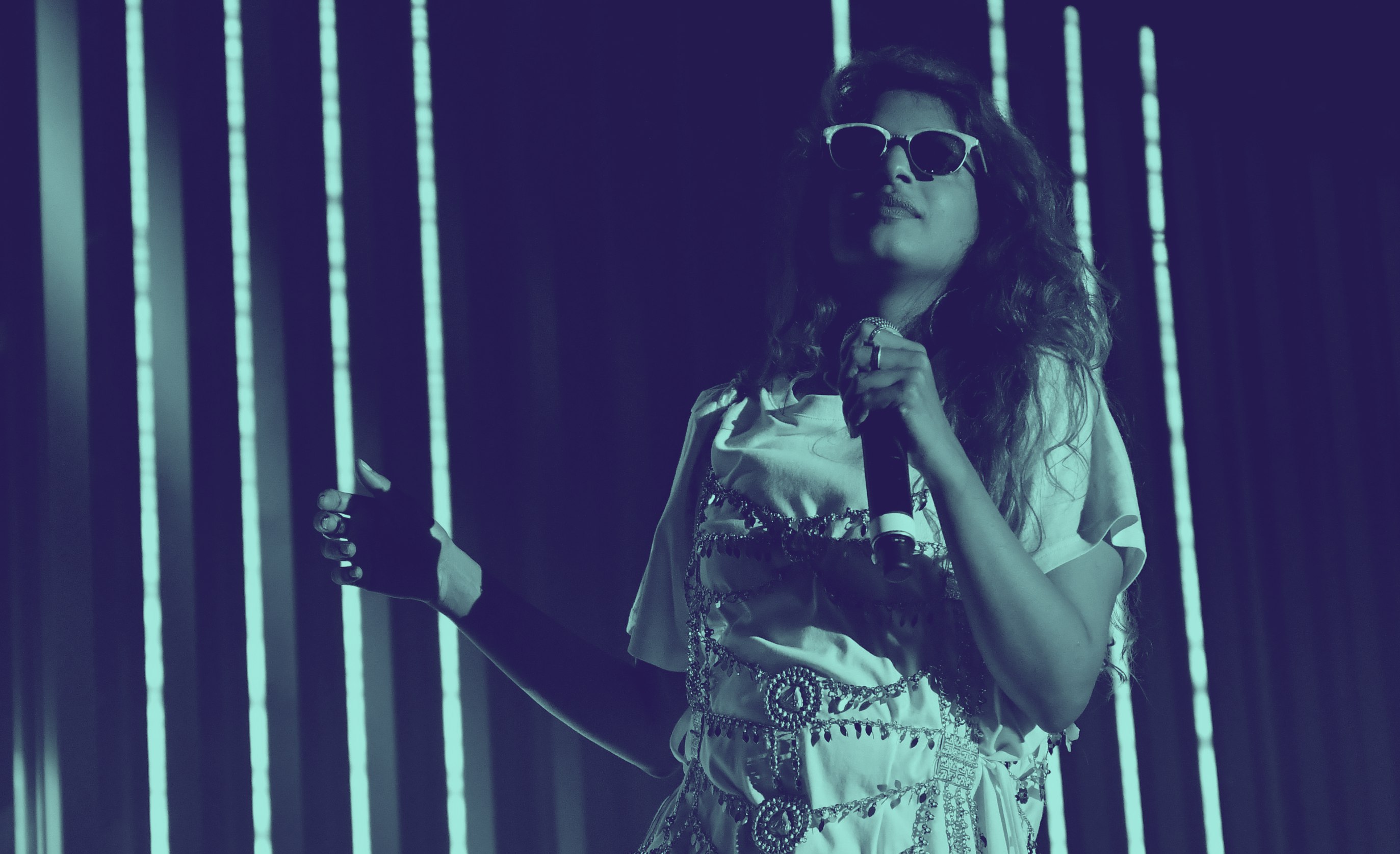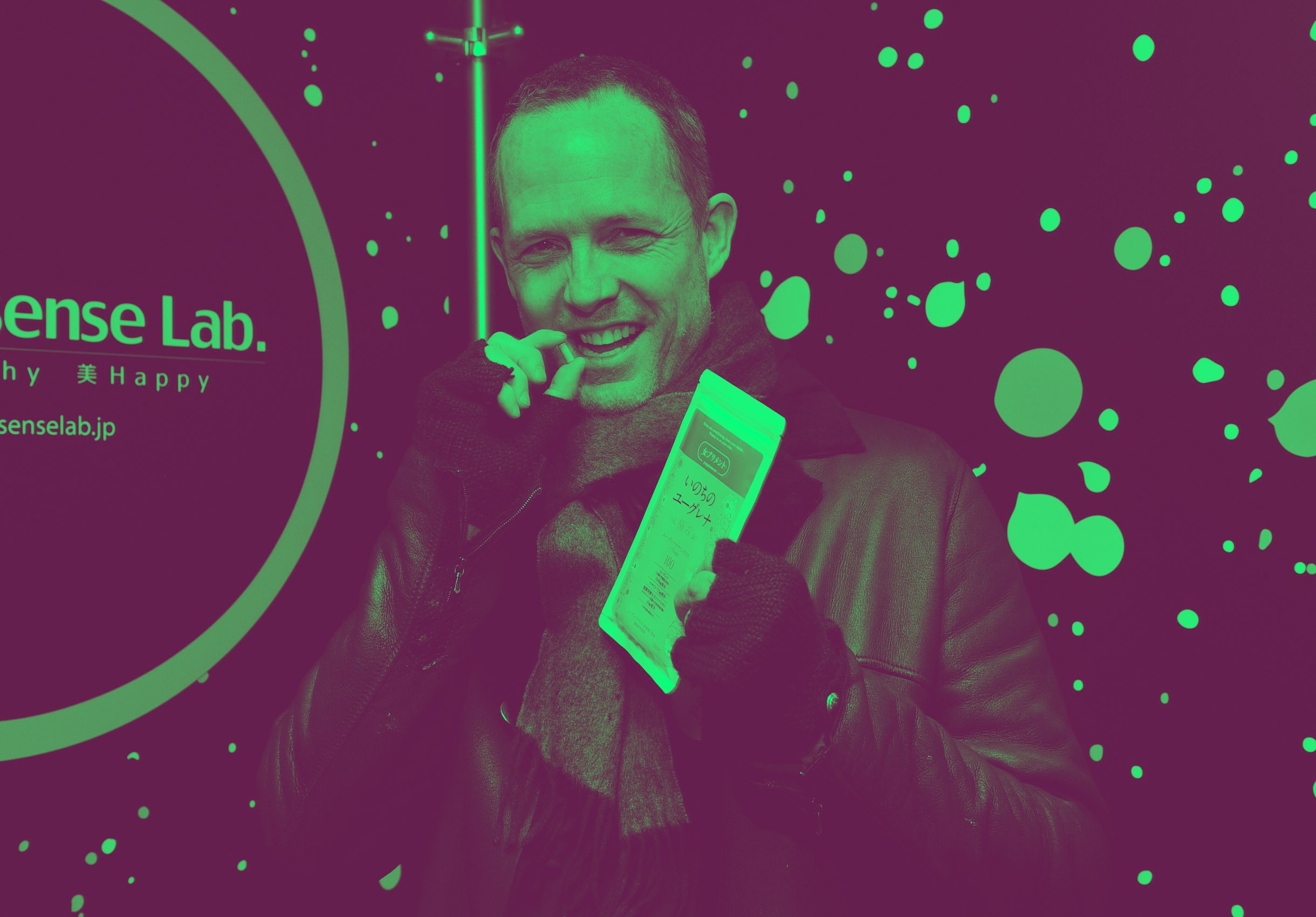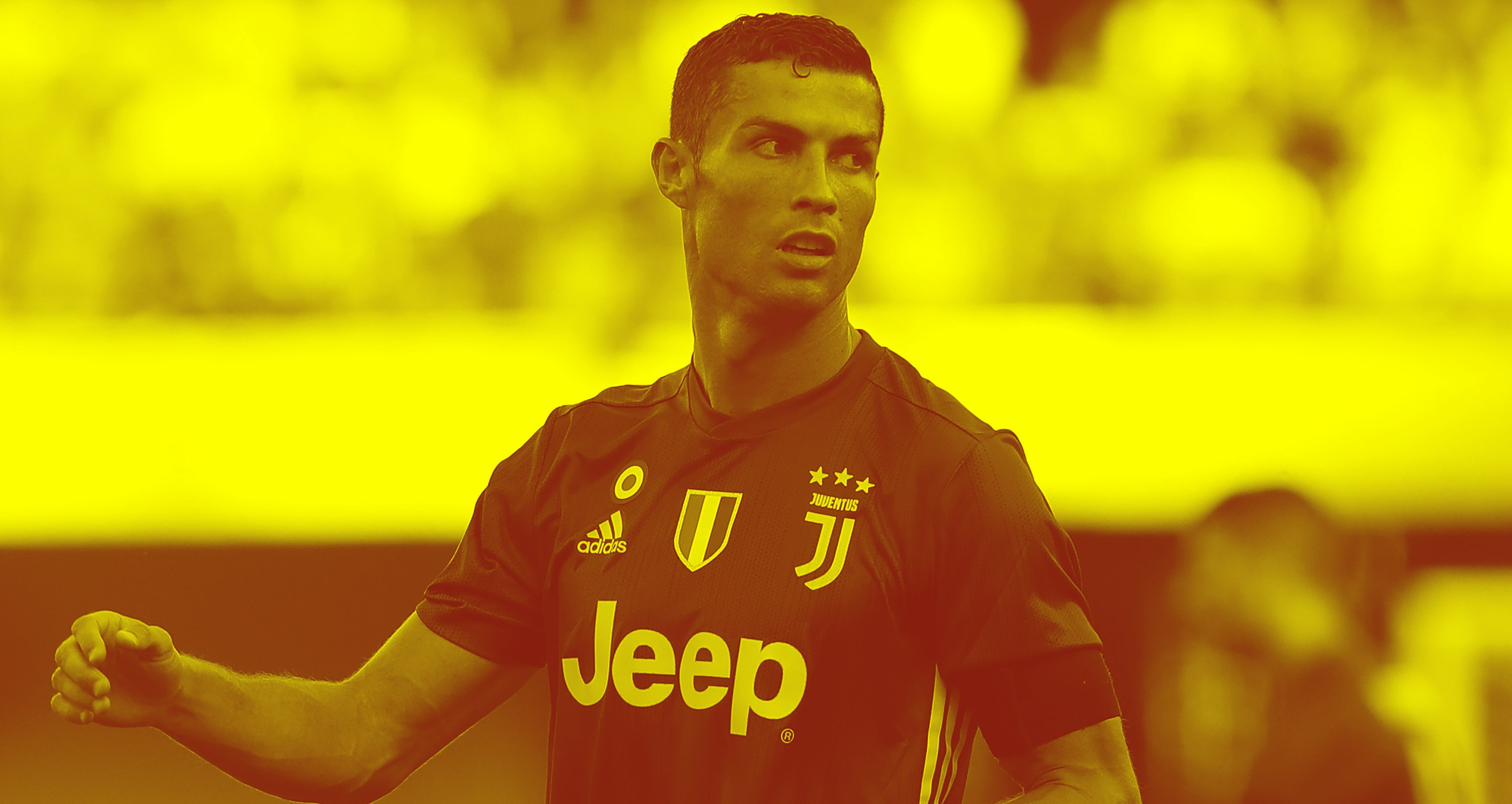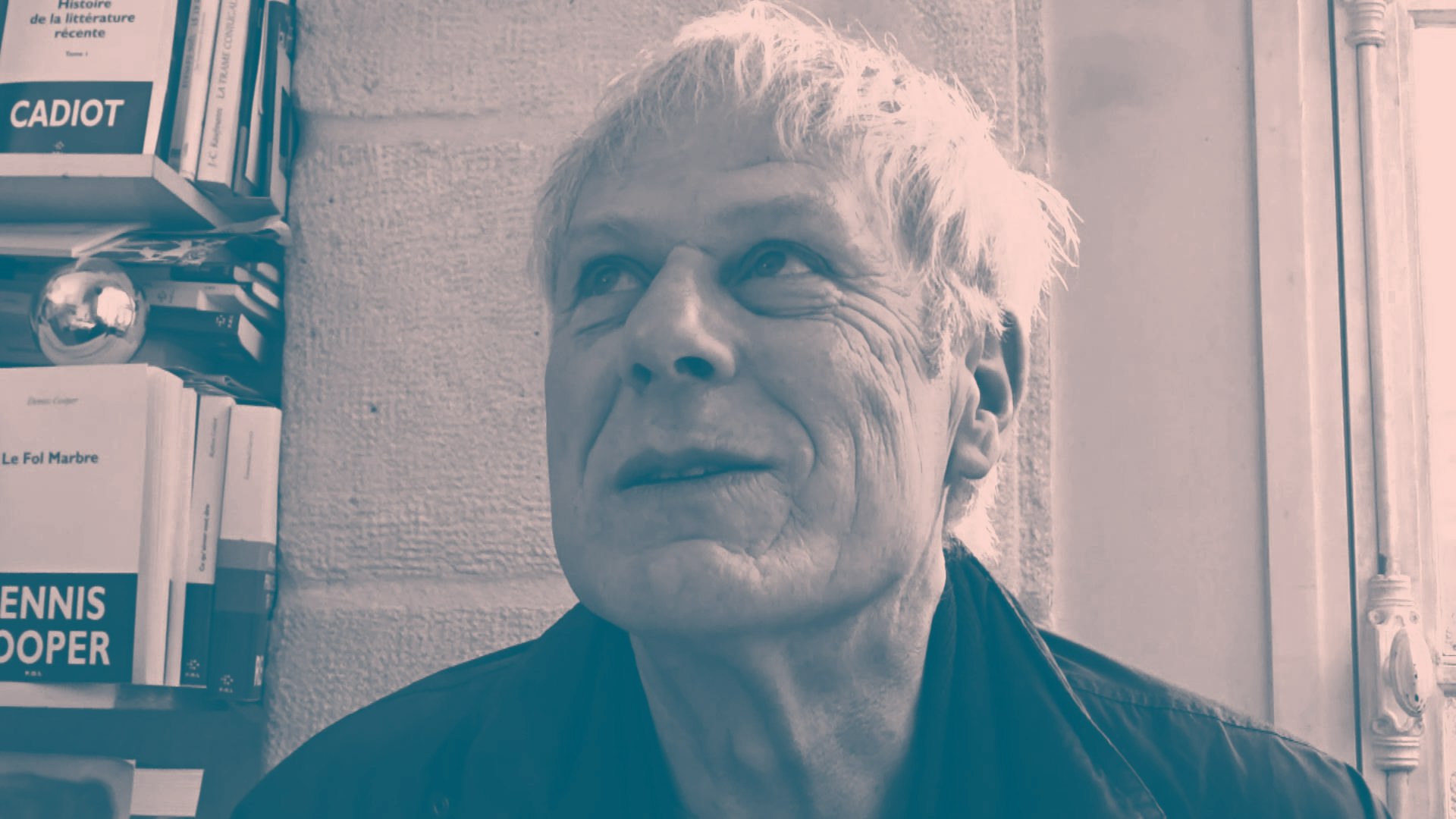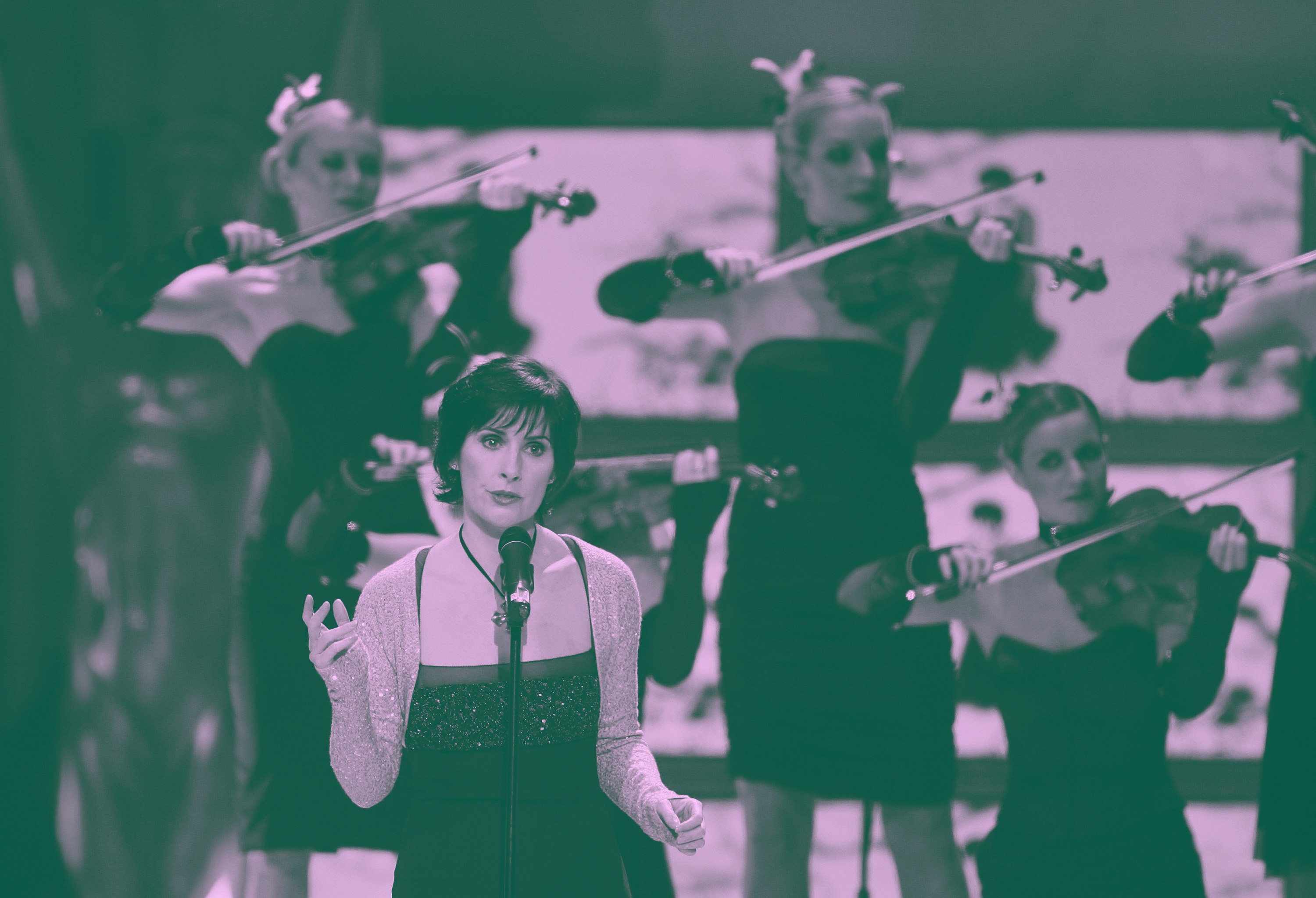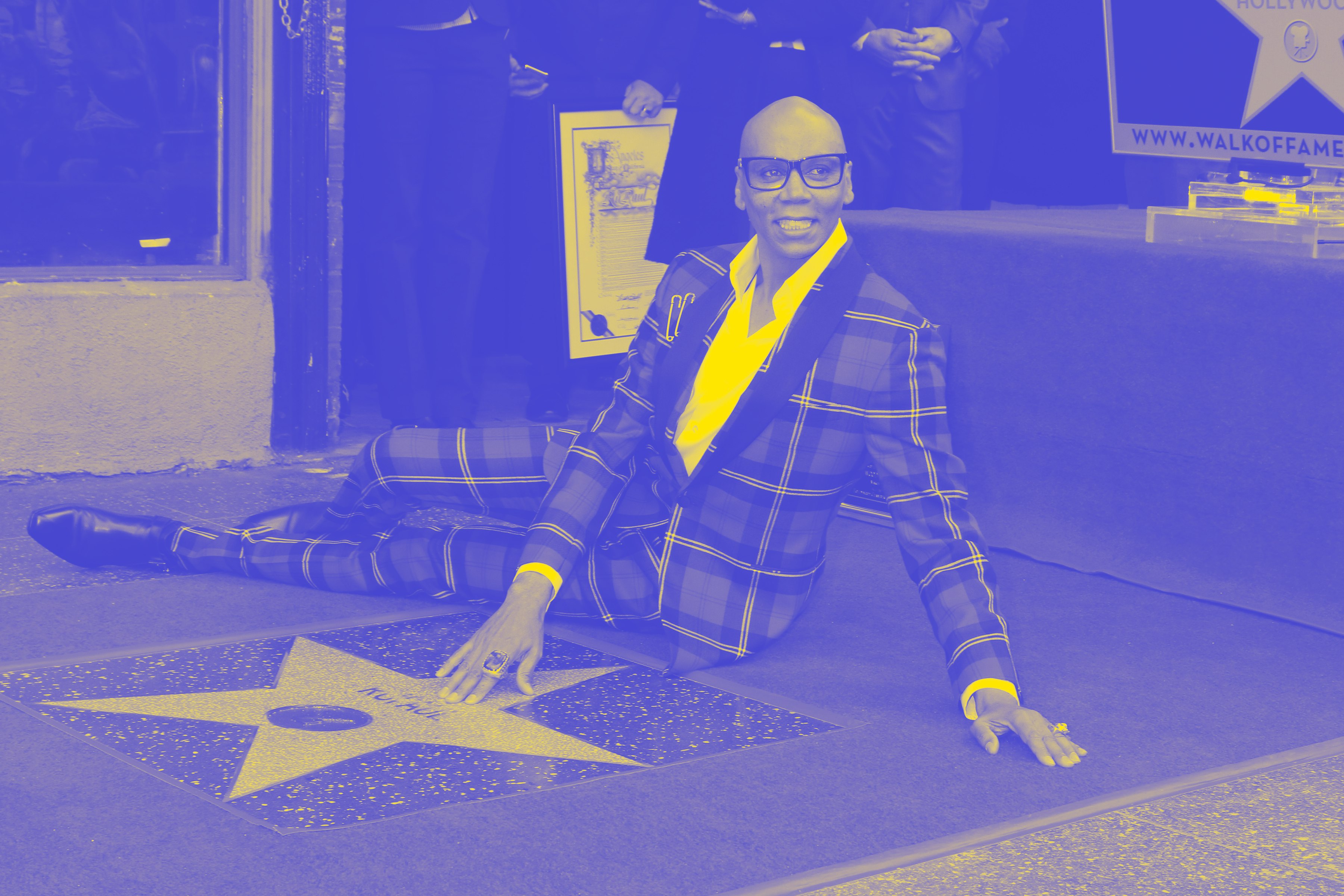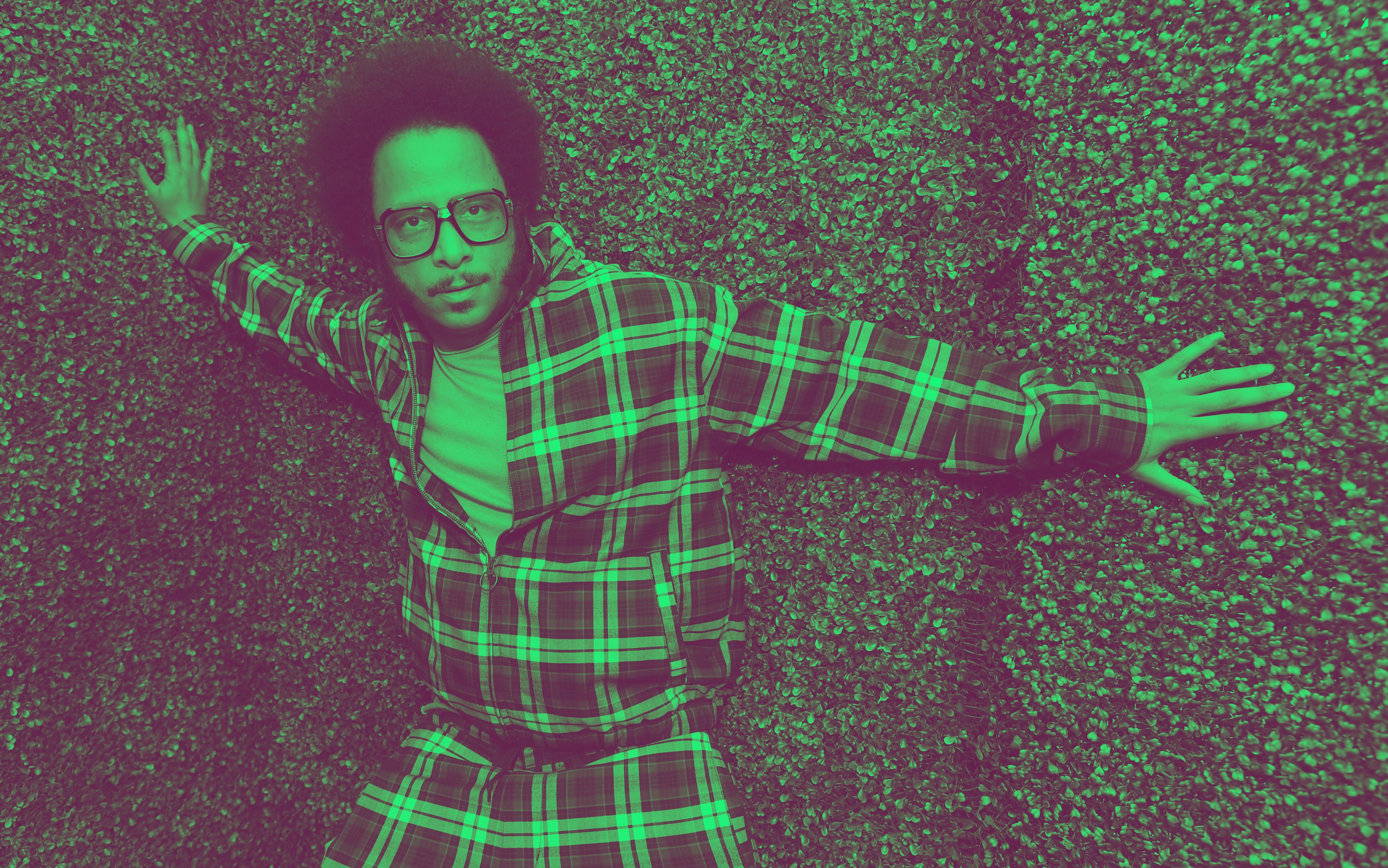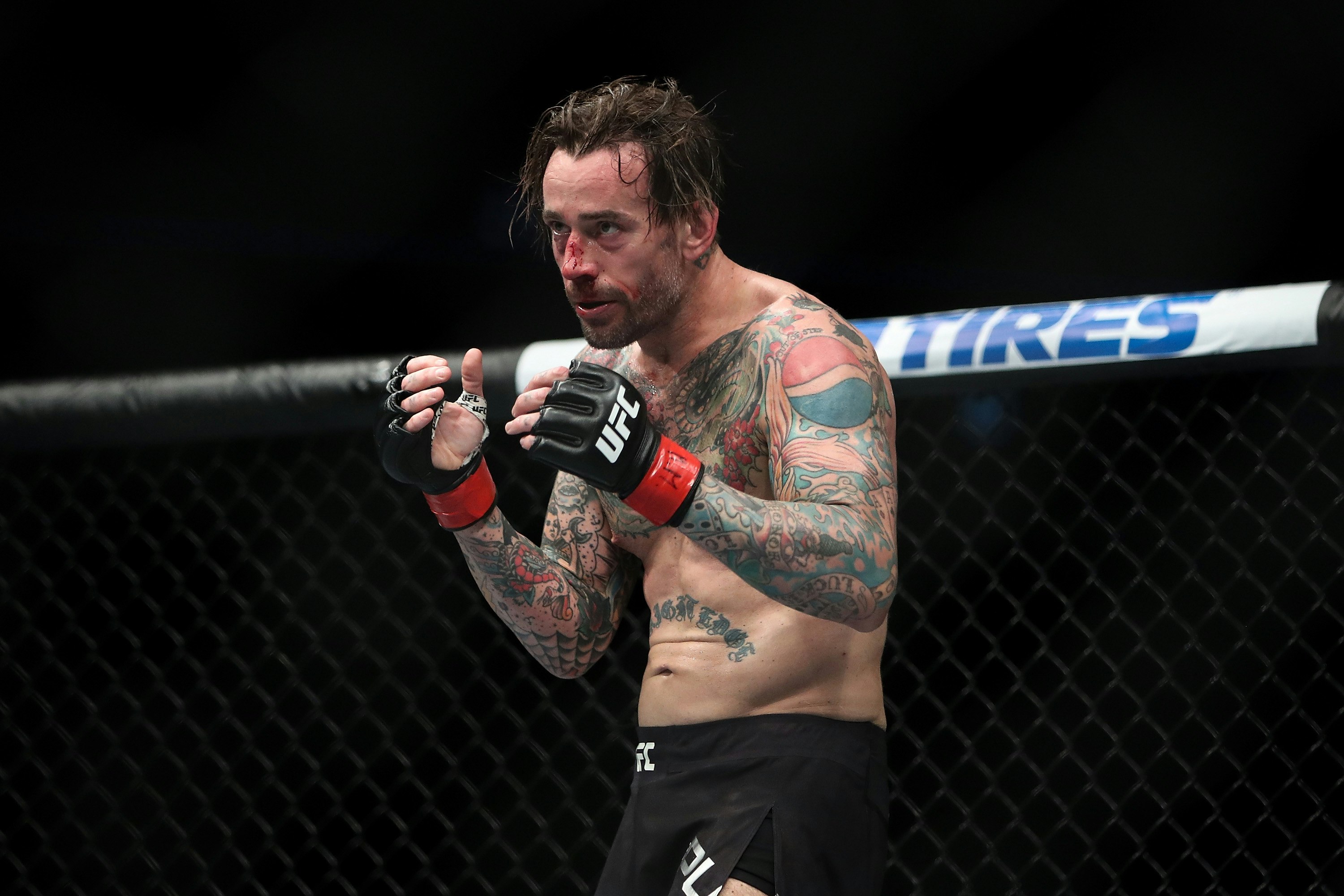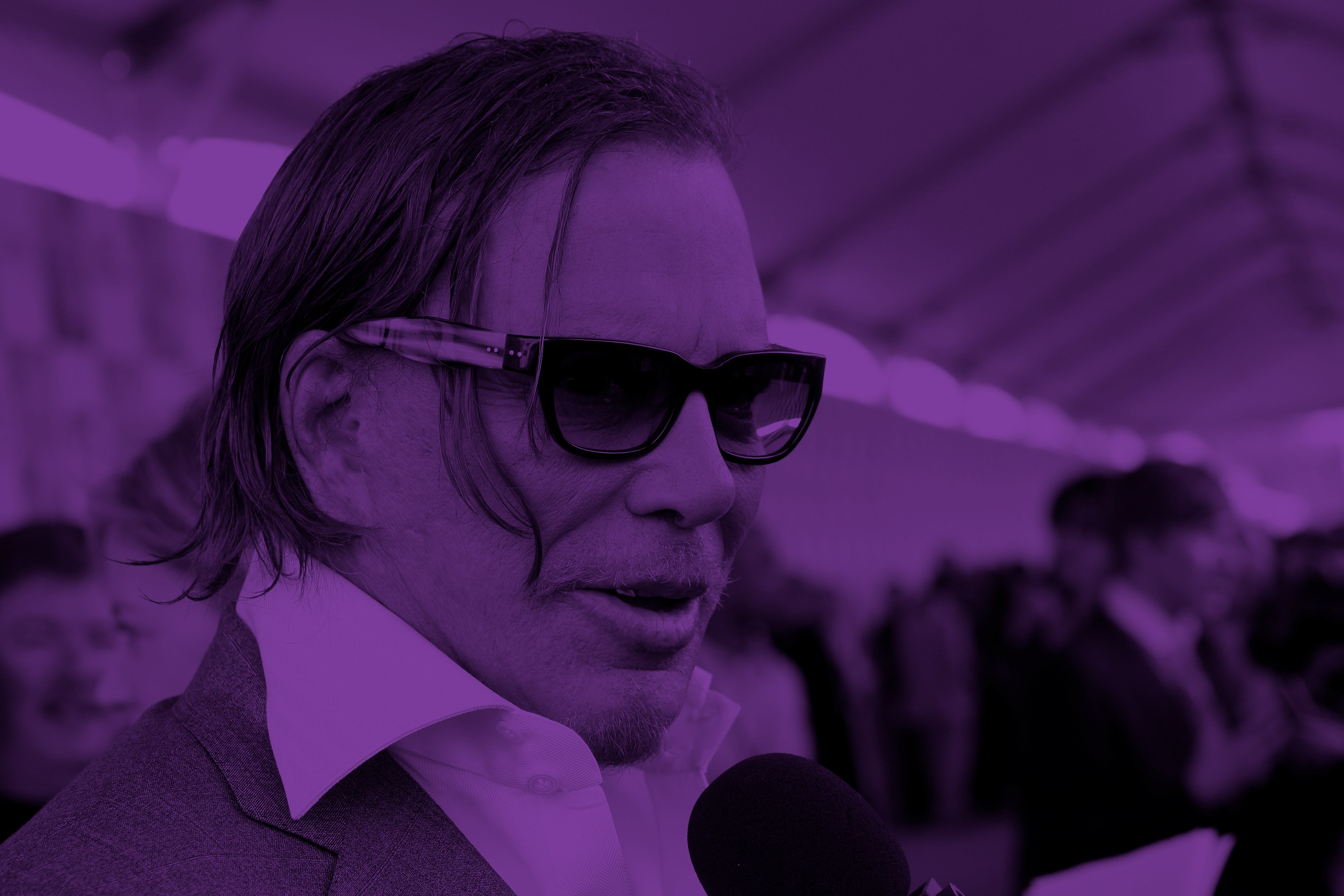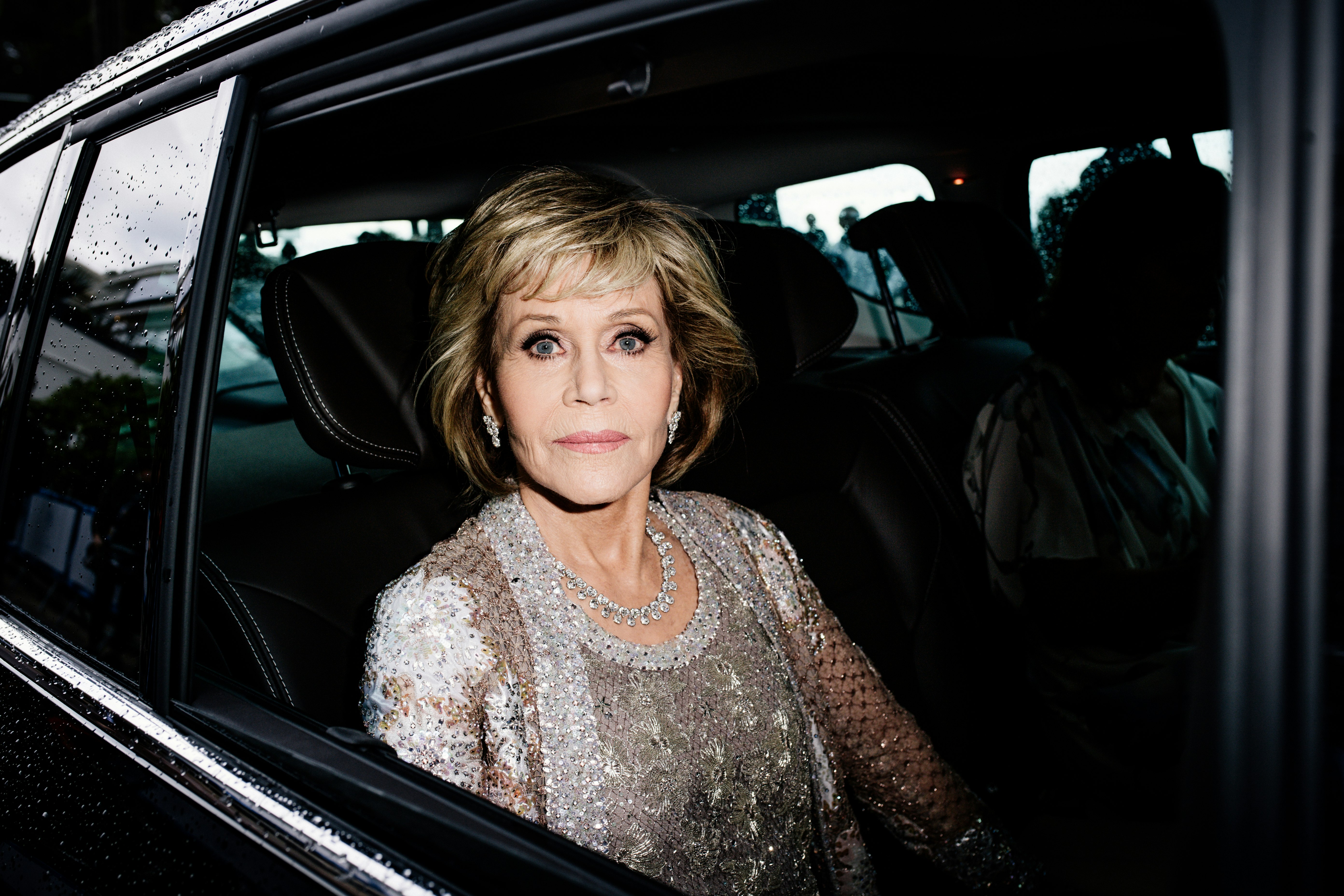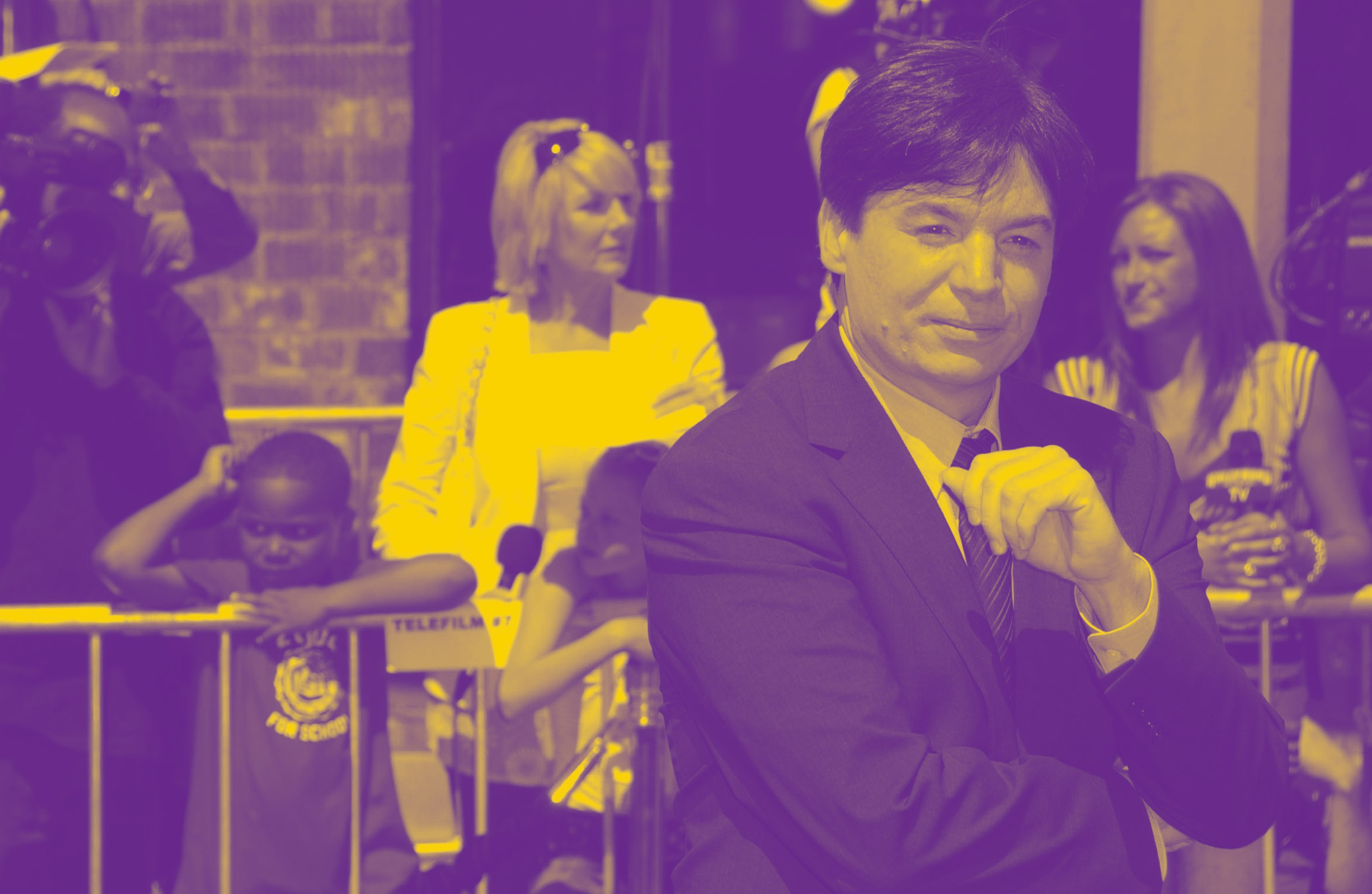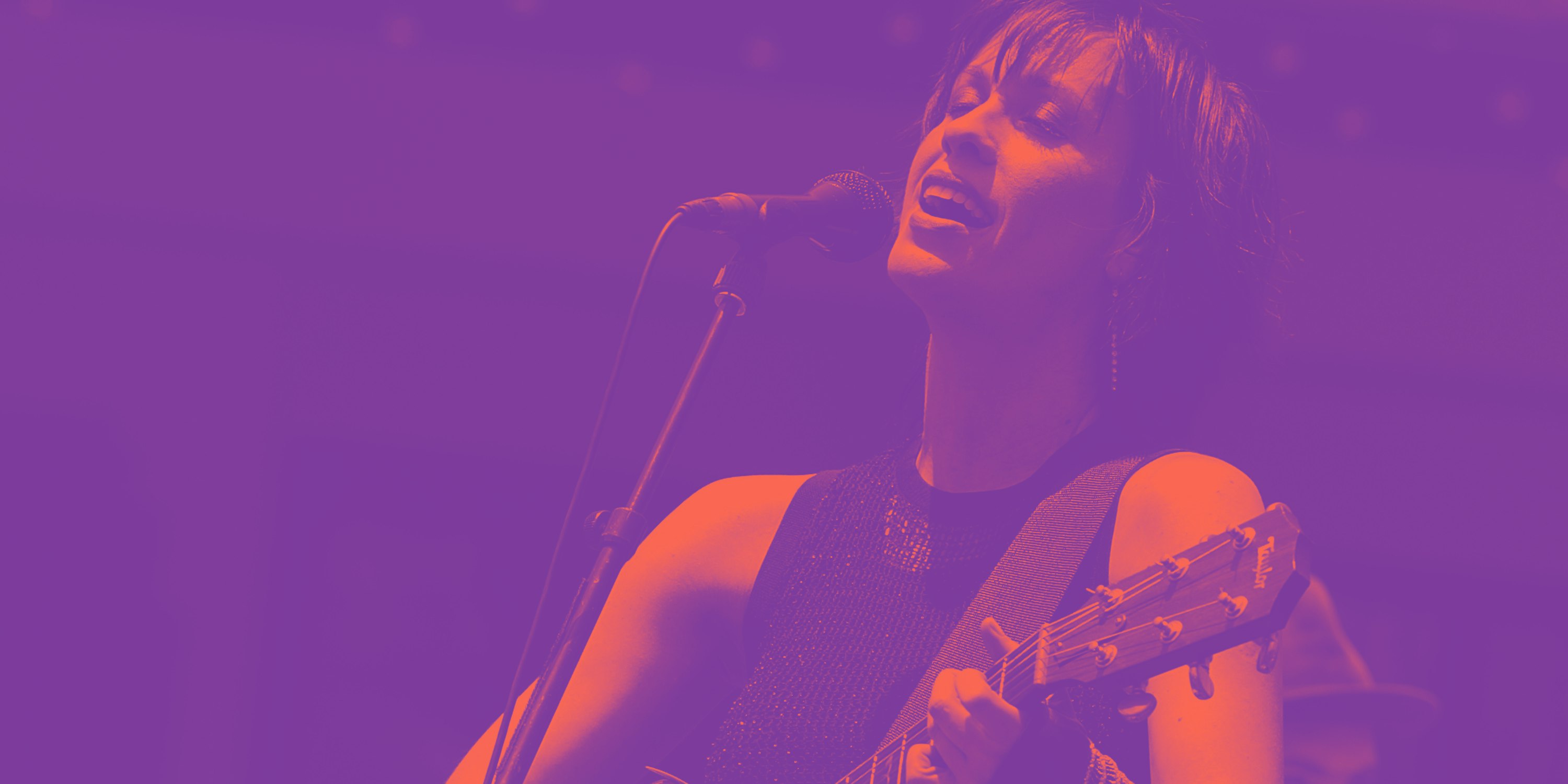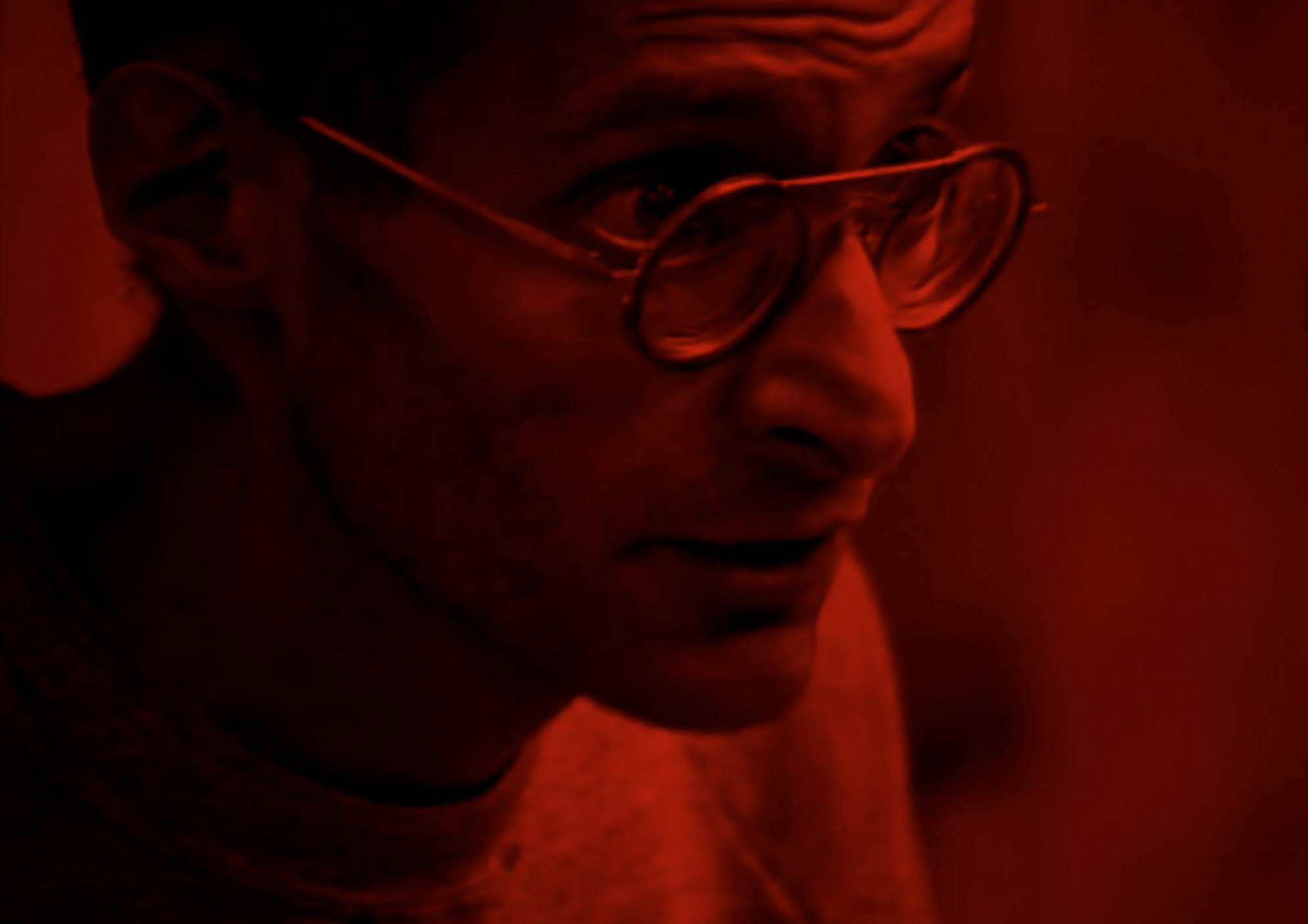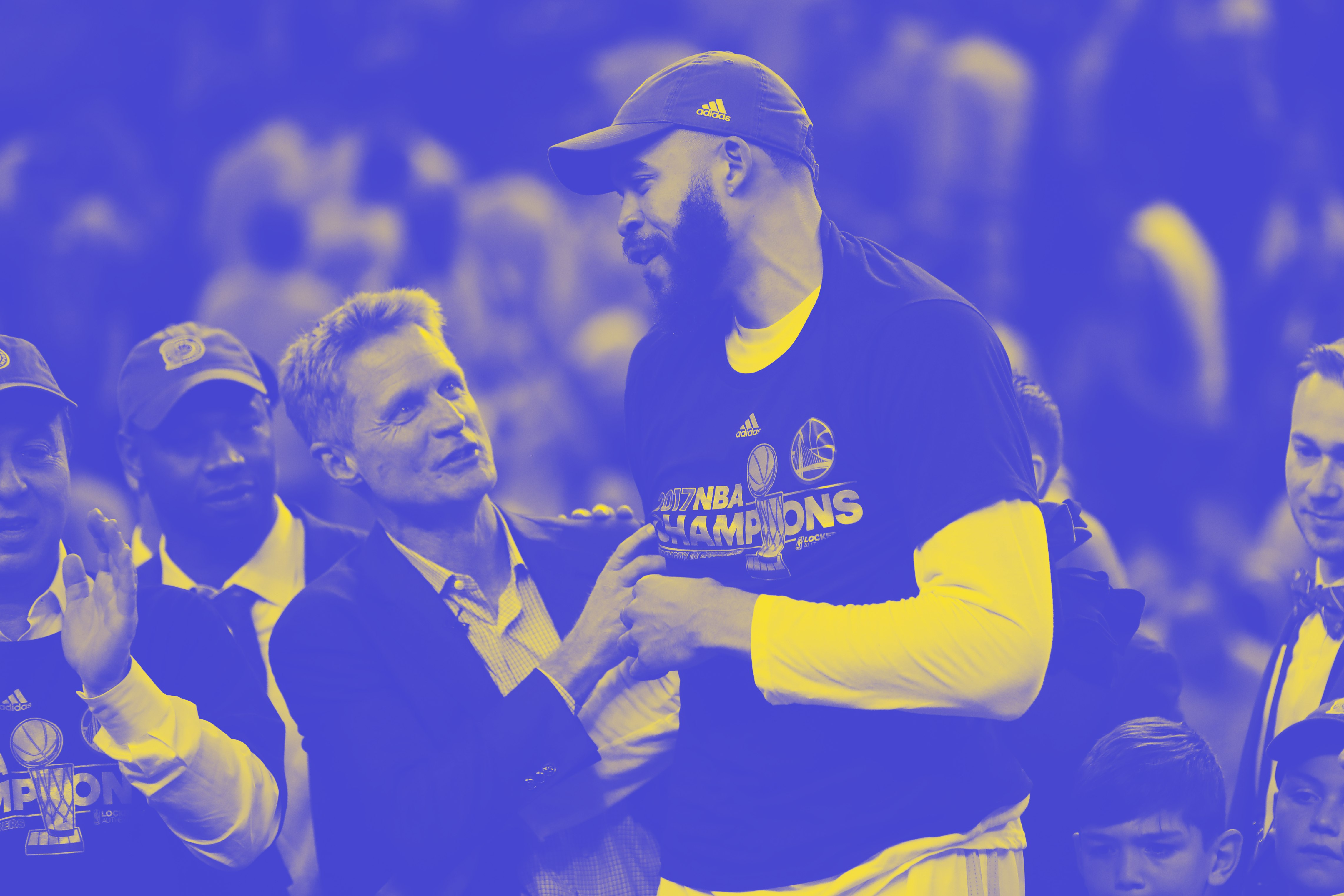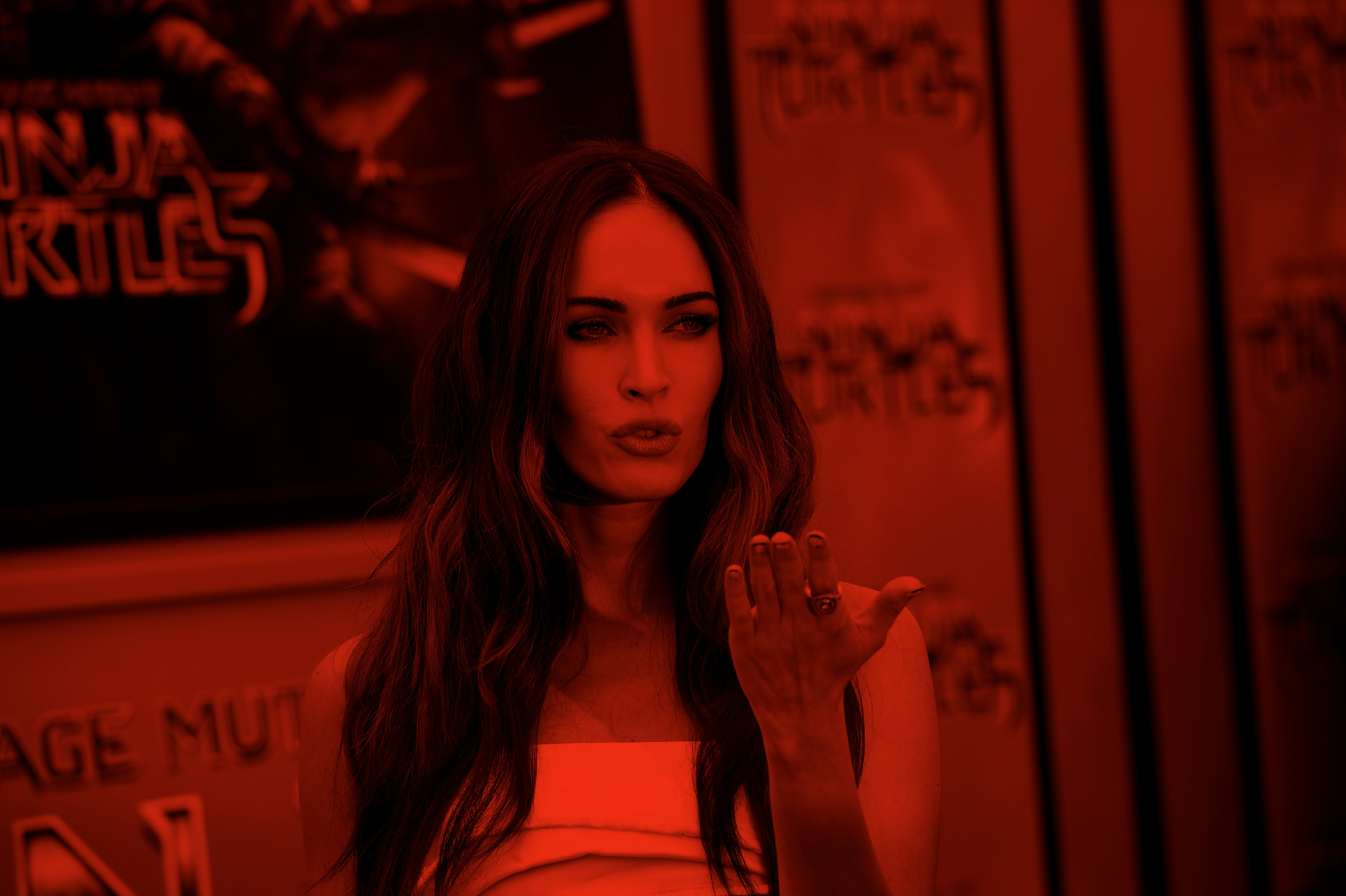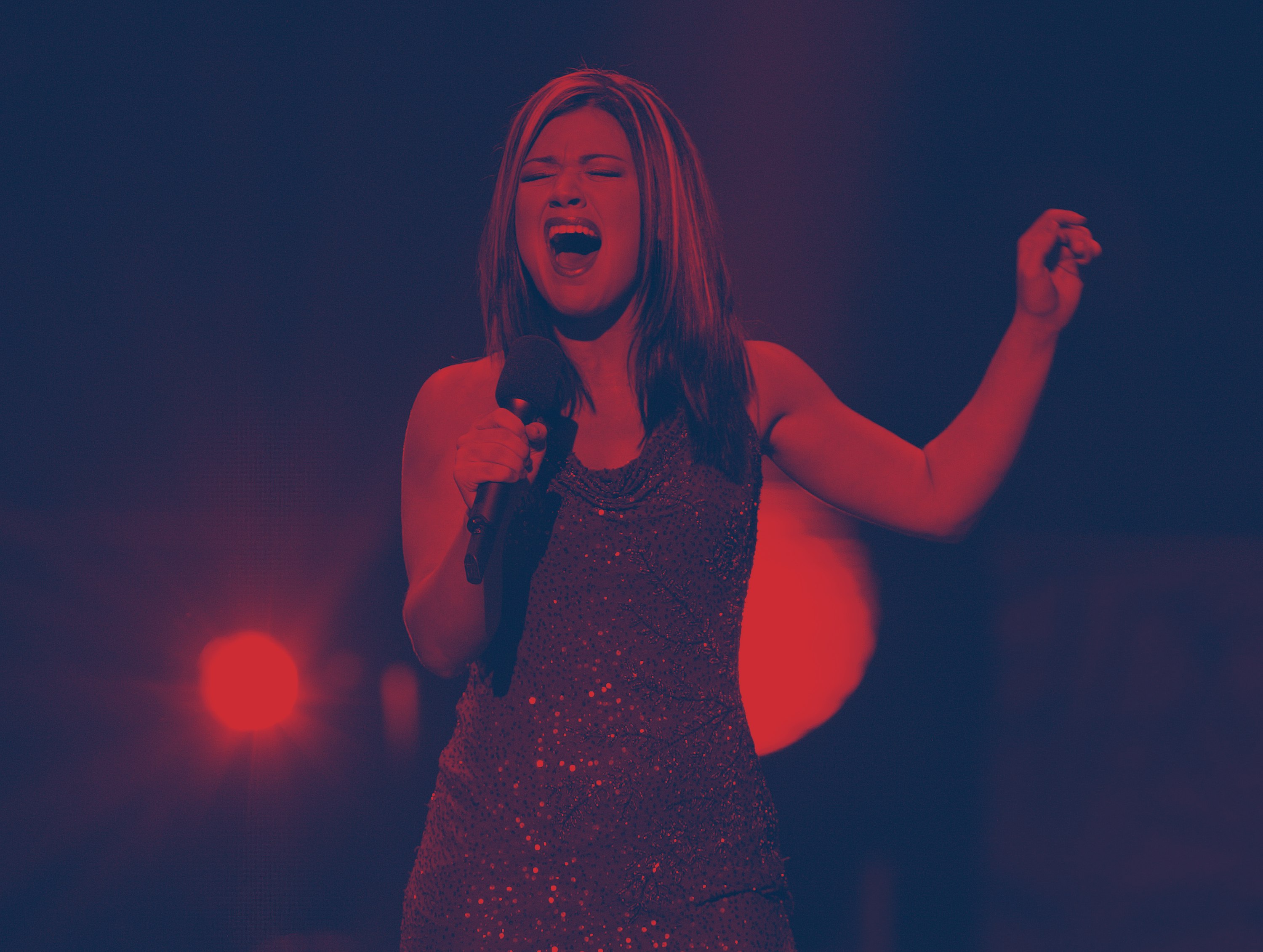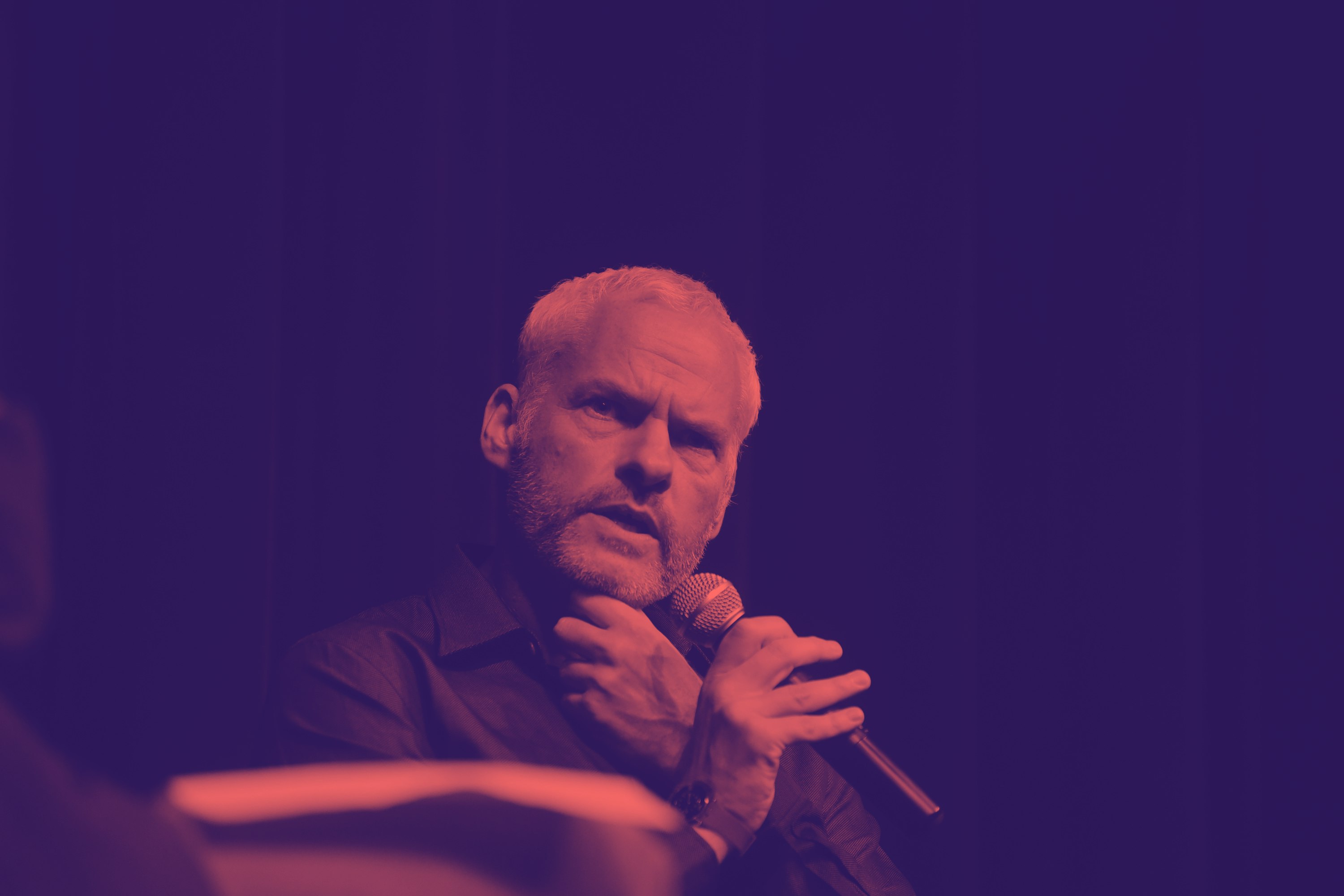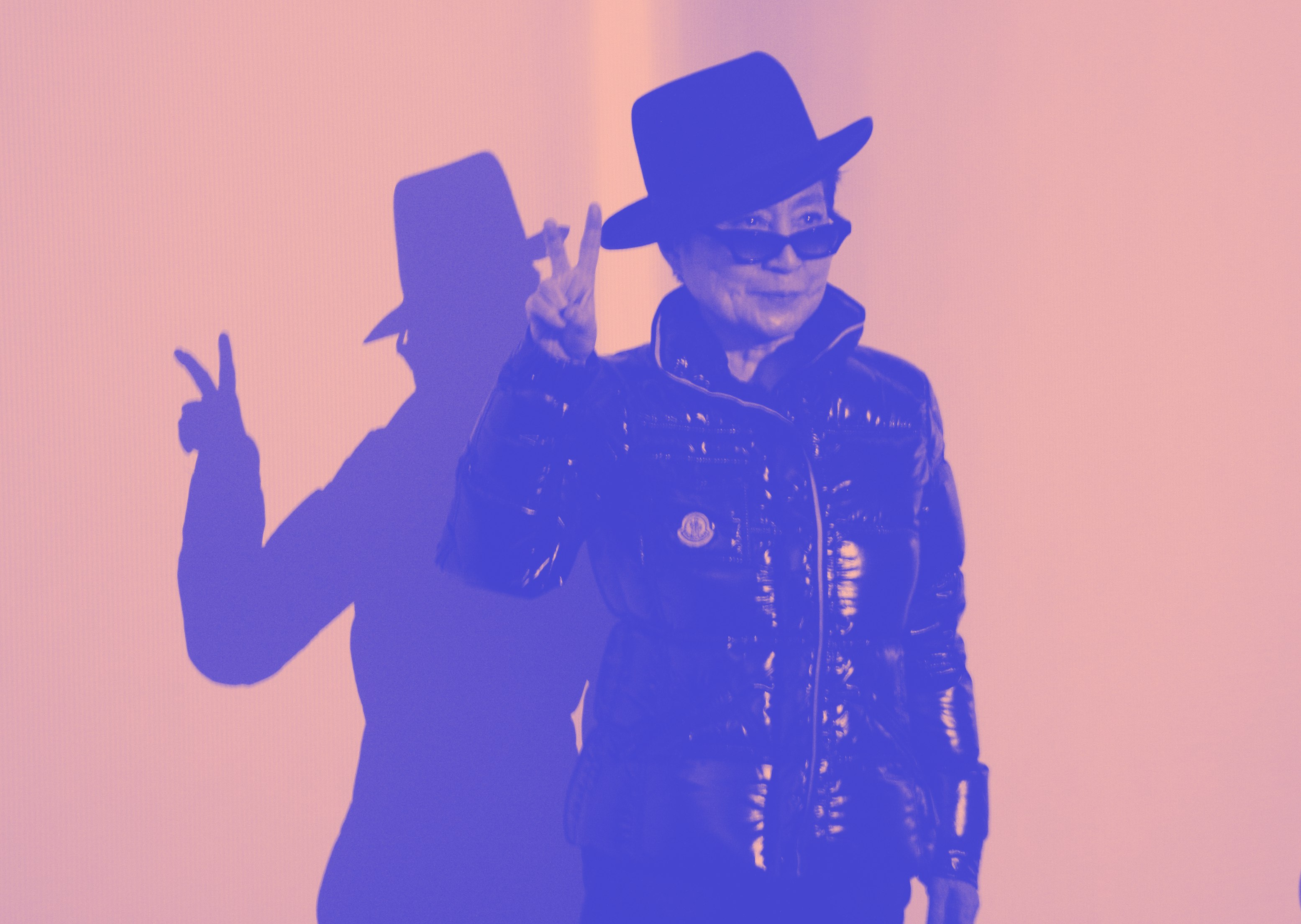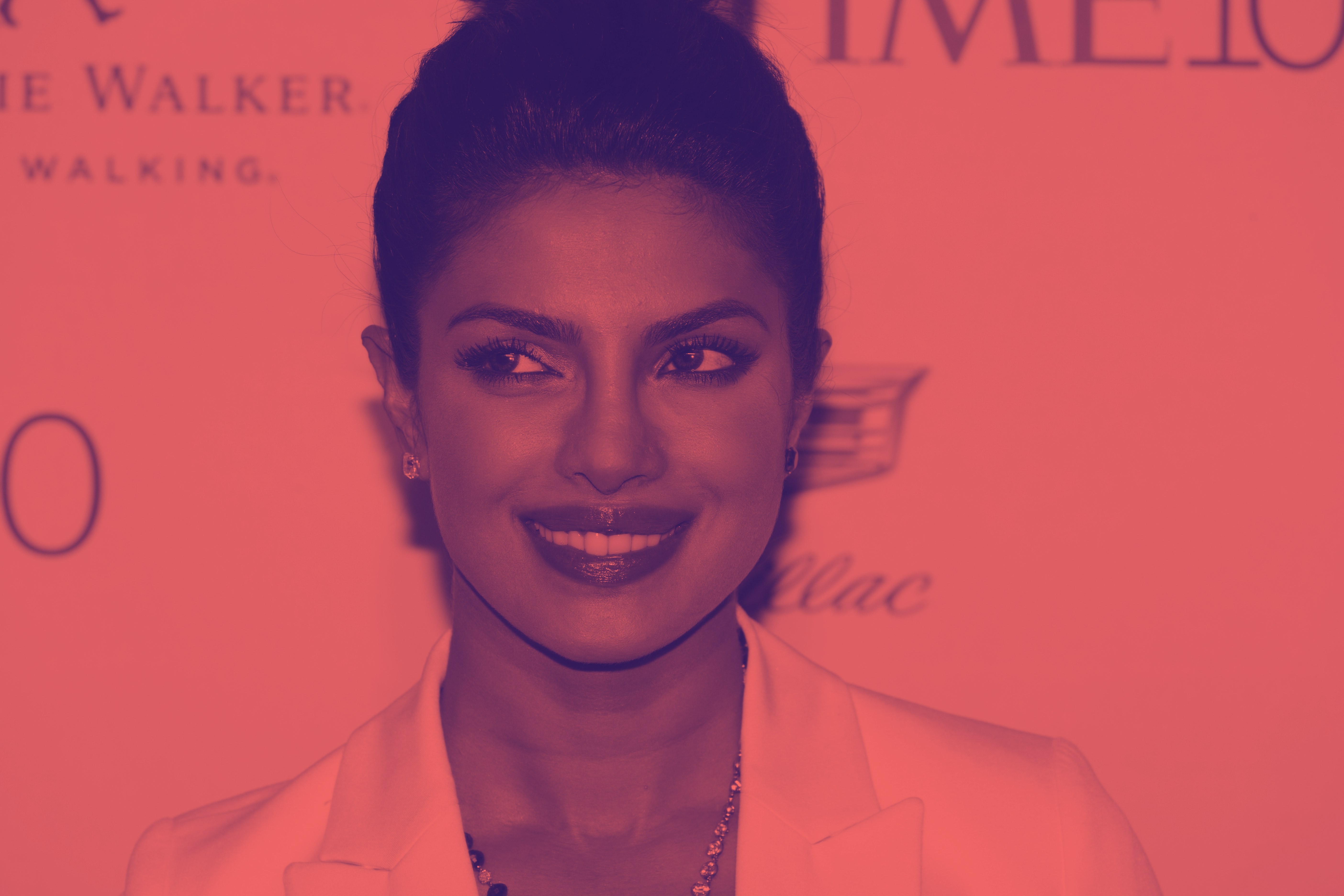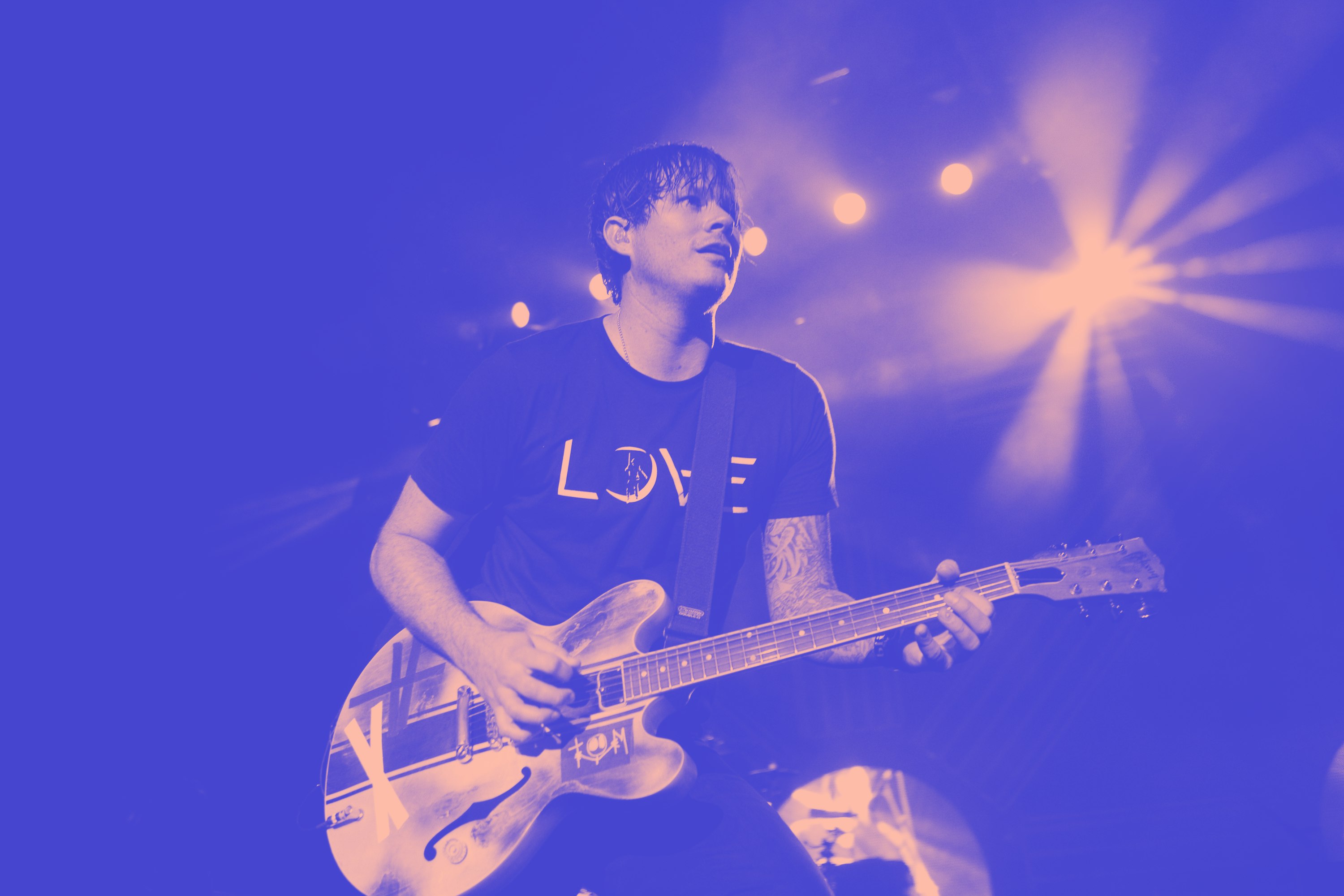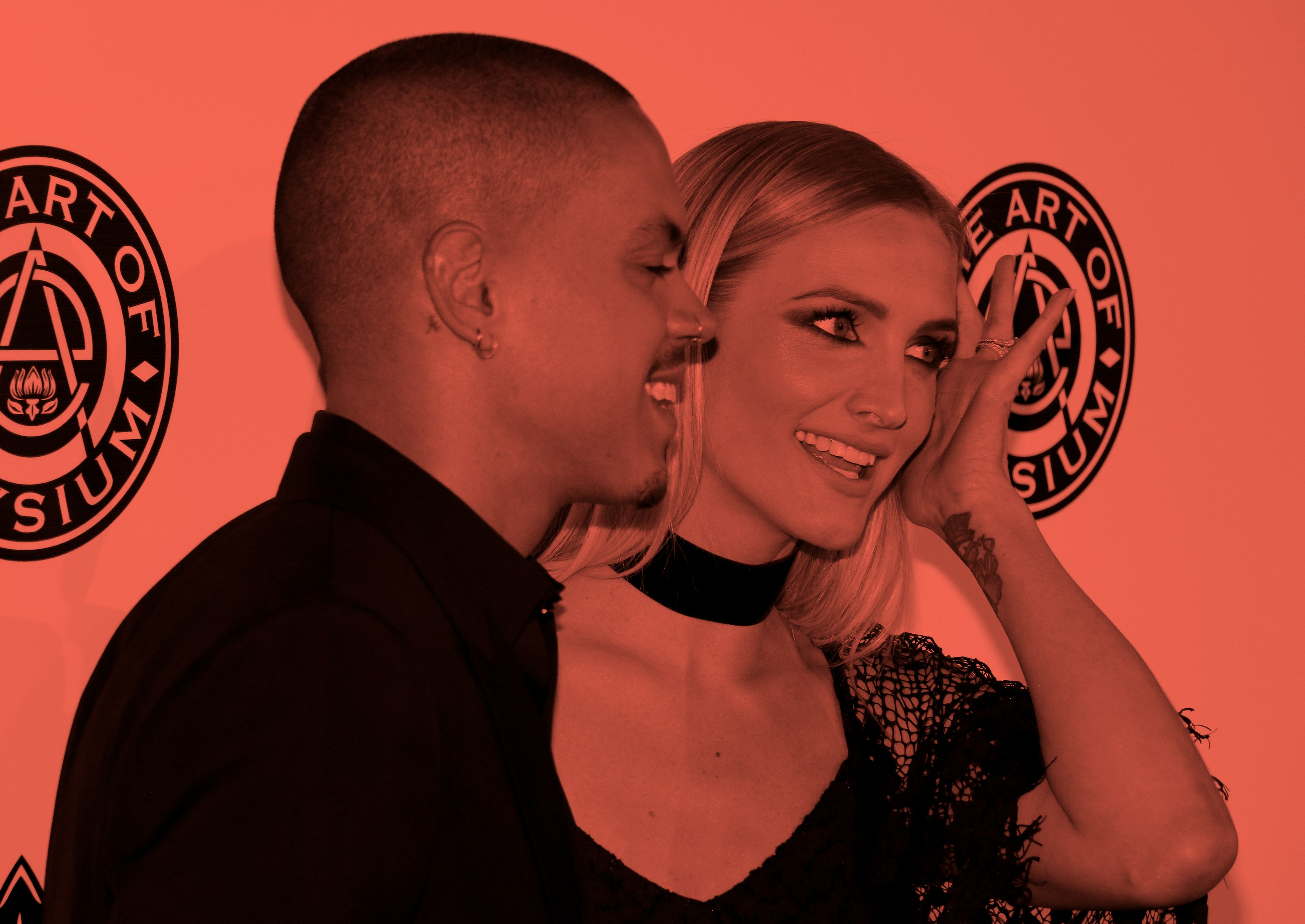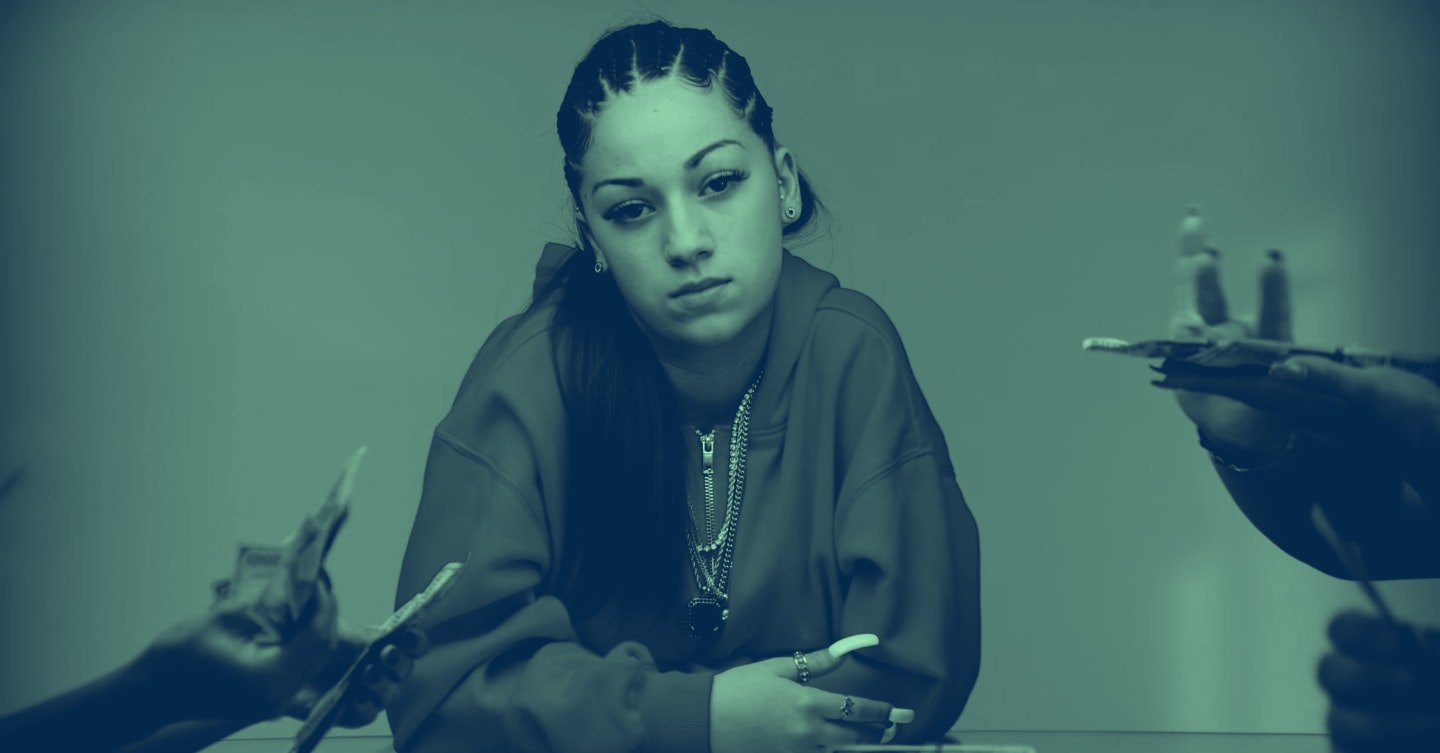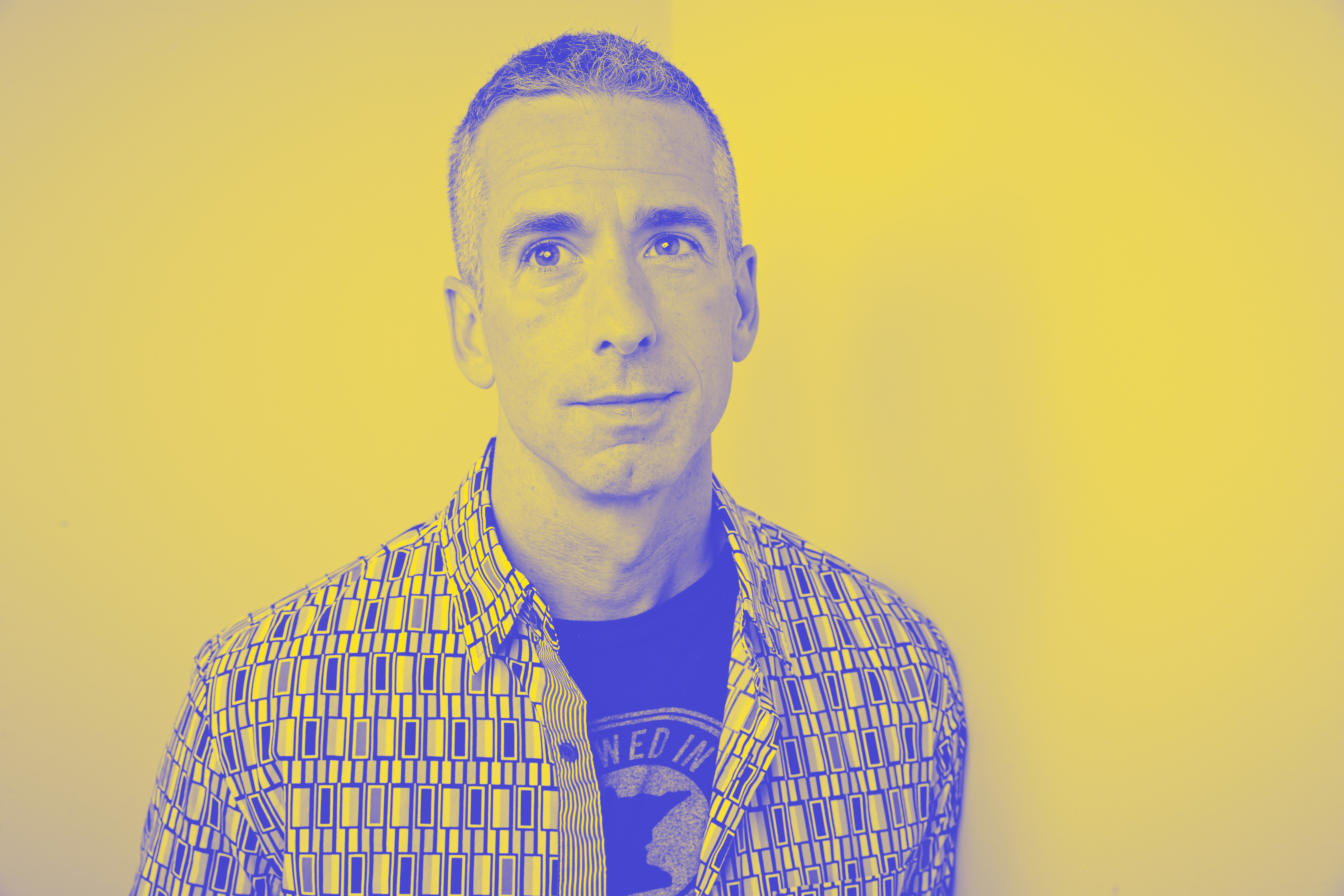Very Intriguing Person
is a series about people who fascinate us, for better or worse.
The defining sports transaction of 2018 occurred in early July, when a 33-year-old regarded as one of the greatest athletes in history left a team he carried to unprecedented heights for a chance to restore another squad to past glory. It did not involve LeBron James. The news of Cristiano Ronaldo’s transfer from Real Madrid to Juventus leaked hours before the World Cup semifinals, probably by design. The timing was so perfectly Ronaldo — preening and self-insistent, yet designed to demand your attention.
Ronaldo been around for the better part of two decades now, metamorphosing from an untethered and explosive young adult to something more static but lethal as he matured, and dominating at each. Ronaldo’s foremost talent, however, isn’t the work itself so much as how he channels his inevitability into a must-see event. ESPN has named him the most famous athlete on the planet in each of the past three years, which adds up for the usual reasons — eight figures’ worth of endorsement deals and a nine-figure social media following — as well as something ineffable: No athlete since Tiger Woods at his apex has cultivated such an enthralling persona during competition while remaining so opaque once the lights flicker off. The man is sublimely gifted at forcing people to give a shit, even while he surrenders little in return.
That includes his rationale behind the move to Juventus, a transaction that rattled the sport’s collective seismograph. Ronaldo was not supposed to abandon the most glamorous club on earth for a dying star of a league, and an outfit increasingly renowned for withering in the Champions League, the competition in which he has both scored and assisted on more goals than any player in history. It would be like Jennifer Lawrence quitting movies to join the cast of Riverdale. Conventional wisdom paints his motivations with the same brush as those of James, who that very same week left the Cleveland Cavaliers for the far more downtrodden Los Angeles Lakers in a fairly transparent bid to burnish his legacy among the all-time best.
“I just felt like, at this point in my career, the ultimate for me… [is] the challenge of being able to help a team get to some place they haven't been in quite a while,” James told ESPN’s Rachel Nichols last month. Ronaldo said a version of something similar during his introductory press conference with Juventus. But his message was soupy, a sheaf of self-help mantras thrown in a blender. “I like difficult challenges and I don’t like to just sit down and look at my successes,” he told the assembled media. “I want to work hard for even more.”
At least one outlet declared he had opened up, which is hilarious but not quite wrong, either. It is insightful as Ronaldo gets in spoken word, by constraint or design. He communicates more in aesthetics: The helium-propelled right foot, the theatrical feints, the cinnamon-colored skin and isometric face and seemingly 3-D printed abs. The former marries the latter, and the result is almost post-human in Ronaldo's capacity to approach physical perfection without betraying something deeper that underpins it, so much so that even moments spent with family can come off like he's Photoshopped into their lives.
Stretch that conceit across 15 years and his more genuine impulses get muddled, too. Such was the case with the birth of his first child in 2010, which became public knowledge after the fact when Ronaldo abruptly announced that he now had a son, that he had exclusive custody of the baby and that the mother’s identity would remain anonymous forever — including, apparently, from the boy himself. Save the last part, it could read as an understandable, perhaps even noble stab at privacy by a father who did not want his son’s life to be commodified like his own. This being Ronaldo, it instead rang as deeply weird, as though the boy materialized out of thin air or had been grown in a lab.
It is dangerous business to project ordinary motives onto someone so difficult to parse. It implies an understanding of an aggressively unknowable persona — including how much it even is a persona, versus a genuine manifestation of the real person underneath. But there is good business in the implying, in teasing out sound bites into stories built around shallow, zero-sum binaries. Value judgements are then baked into coded language, and the viewer takes it from there: Tom Brady, the champion; Kevin Durant, the quitter. It does not matter how much the actual personalities jive with those outcomes, only that enough tangential elements do to hold up the larger conceit. In Ronaldo's case, that means doing a little extra legwork to extrapolate more than what could exist, if only because that beats the alternative of emotionally investing in a cipher.
The transfer is fascinating independent of all this, mind you, because of the on-field stakes. Ronaldo spent the last three years crafting his magnum opus, elevating Real Madrid to an unprecedented back-to-back-to-back Champions League titles. All told, he’s won it five times — four with Madrid and once with Manchester United, the club that made him famous. If he can bag a sixth, with Juventus, Ronaldo will have captured club soccer’s greatest prize with the biggest team in each of the world’s three most historic leagues. That's never happened before, either.
It scans like the plot of a good smash-and-grab flick, one last big job before easing into retirement. Naturally, there are complications. Convincing Ronaldo to join them instead of singlehandedly beating them — which has happened twice in the last year — was a sensible idea achieved through reckless designs: a €112 million transfer fee that dwarfed his sale price at age 24, plus matching his Real Madrid wages, which more than quadrupled those of Juventus’ previous highest earner. It doesn’t mortgage the club’s future, but their budget is heavily strained, which could make it harder to surround Ronaldo with the kind of world-class talent required to beat every other team at this level.
Ronaldo’s is a gentle aging curve, but a downward slope nevertheless. It’s the worst time to be asked to do more than he ever has, to be the fulcrum of a restless club and be the face of a league still trying to find its way.
Twenty years ago, the thought of Ronaldo plying his trade in the Italian league would be expected fare. But the league’s place in the global hierarchy plummeted in 2011 with the advent of Financial Fair Play, new rules that forced clubs to spend only what they make. No league suffered more than Serie A, whose empire stood atop a rickety maze of outdated stadiums and mom-and-pop ownerships routinely furnished wage bills by dipping into private fortunes. One-time European heavyweights like AC Milan, Inter Milan and AS Roma became continental punching bags. Juventus reinvented itself as Italy’s great exception, only to later become a punchline.
Ronaldo walked into a landscape that needed him far more than he needs it. Already, his arrival has provided a mainstream jolt, first in global media coverage and more recently in the bottom-line after the league's American broadcast rights leapt from beIN SPORTS up to ESPN. He may even be a trendsetter: Luka Modric, Ronaldo’s former teammate at Real Madrid and the best player in this summer’s World Cup, spent most of August being heavily rumored to follow his lead and join Inter Milan, Juventus’ arch-rival. Once again, he’s made people give a shit, even before he’d slipped on his black-and-white jersey for the first time.
Now he must deliver. He’s only registered a single assist in three matches, but an eventual eruption seems like a formality: Just last season, in the supposed late autumn of his career, he ripped off 44 goals in club competition and four more in the World Cup. But even his preposterously sculpted body has tendons and cartilage and muscle fibers, all of them primed for atrophy as he approaches his mid-30s. Ronaldo’s is a gentle aging curve, but a downward slope nevertheless. It’s the worst time to be asked to do more than he ever has, to be the fulcrum of a restless club and be the face of a league still trying to find its way.
Yet it’s the path he’s chosen. The wider conversation about him could encapsulate everything he values most, or completely miss the mark. We’ll likely never know for certain, because Cristiano Ronaldo doesn’t want us to and he’s adapt at making sure we don’t. But we’ll pay attention. He’s even better at making sure of that.
